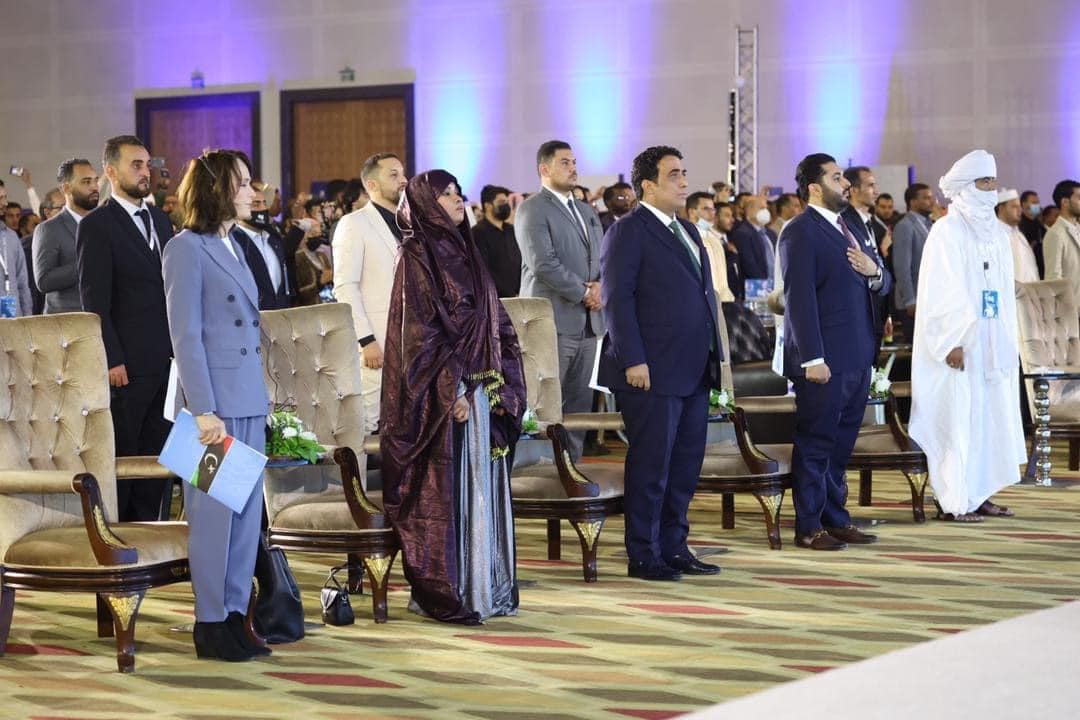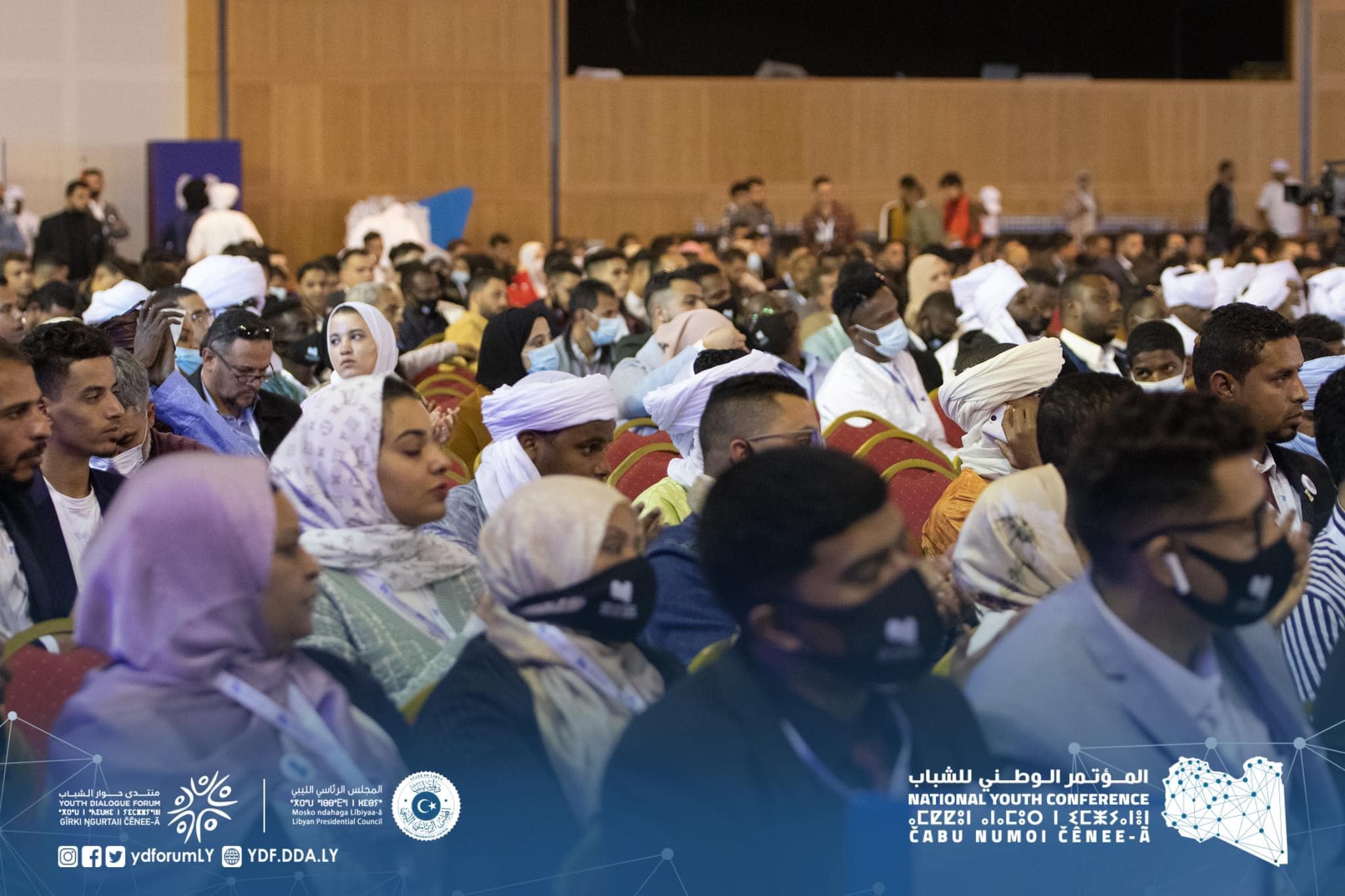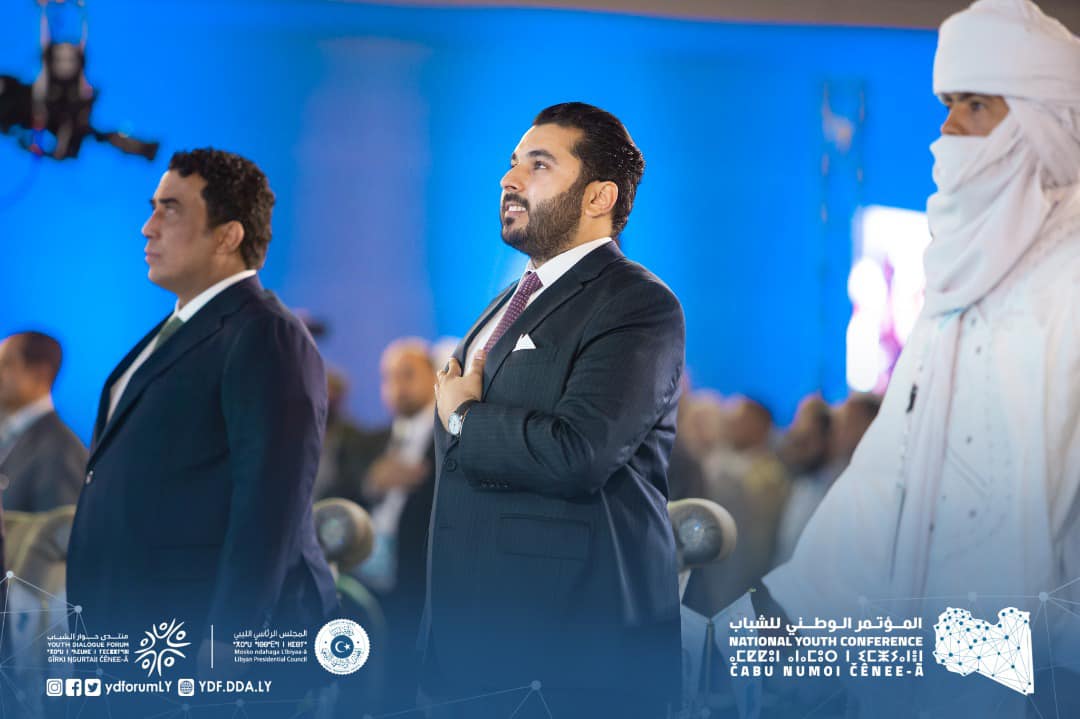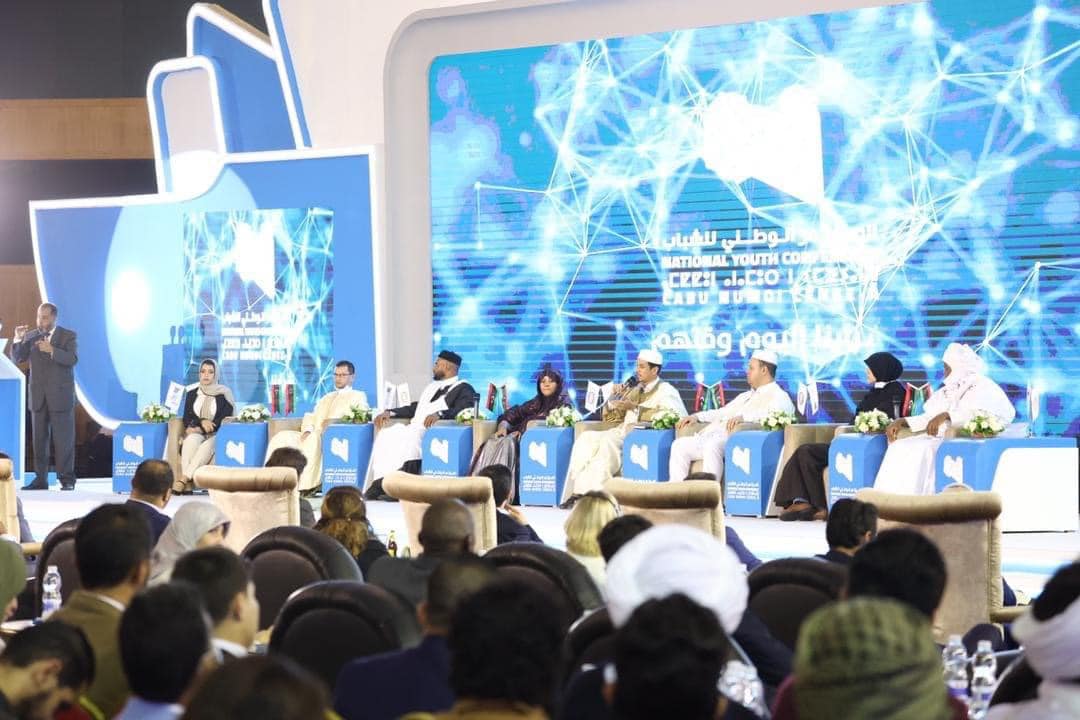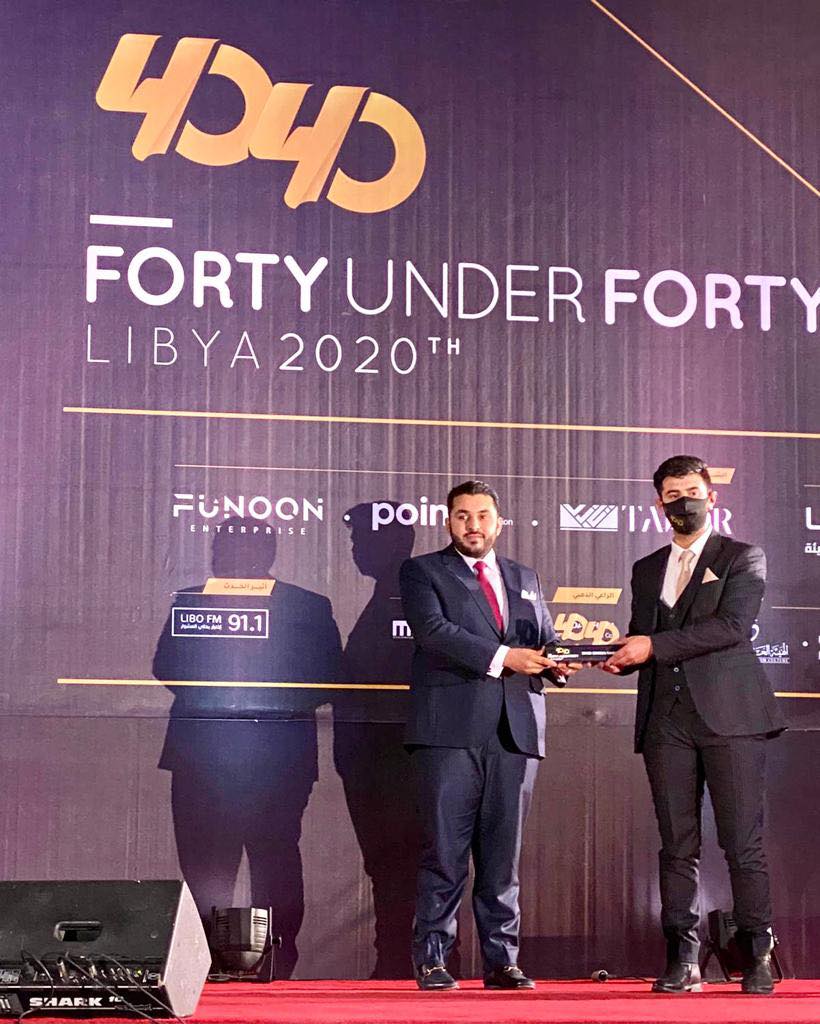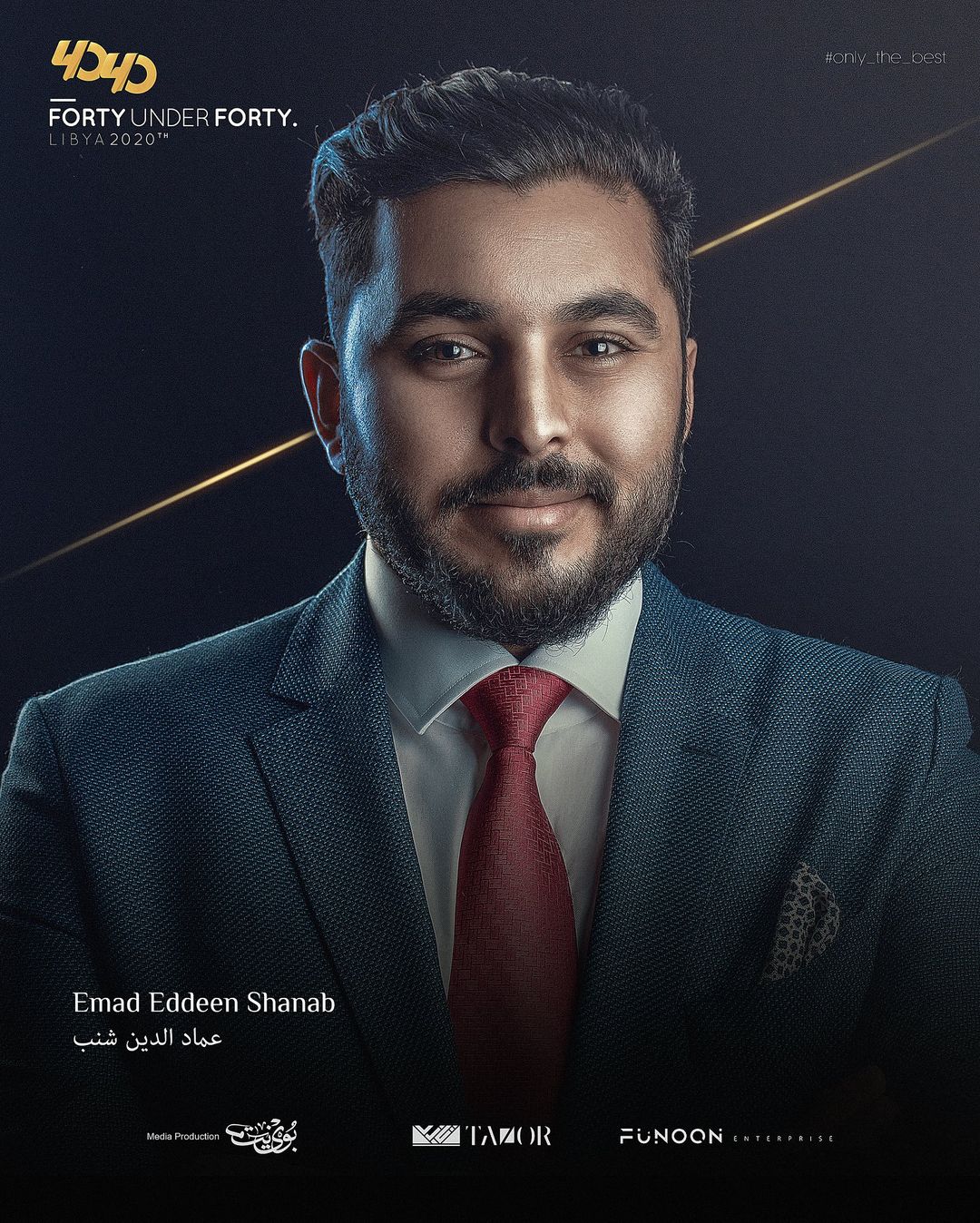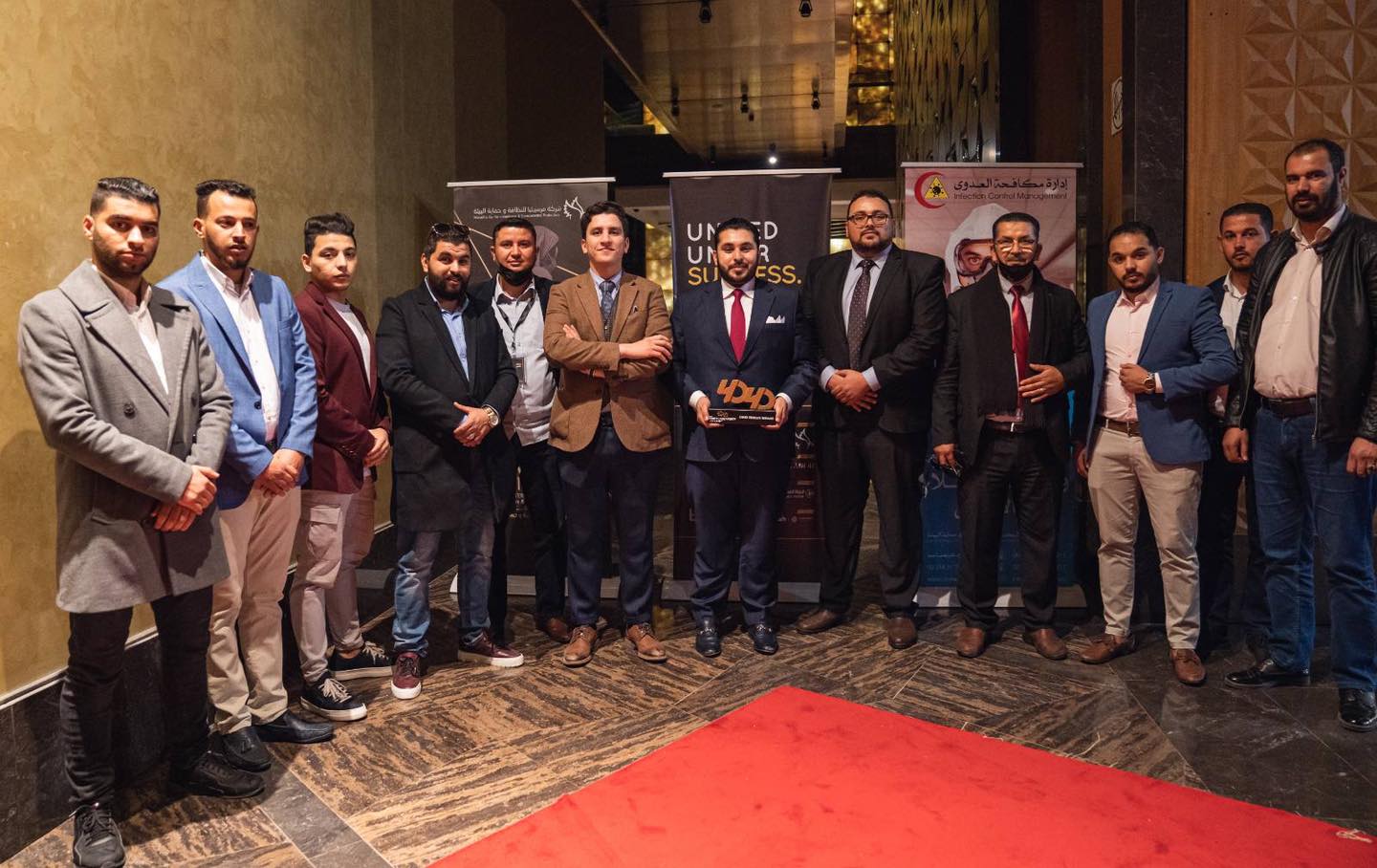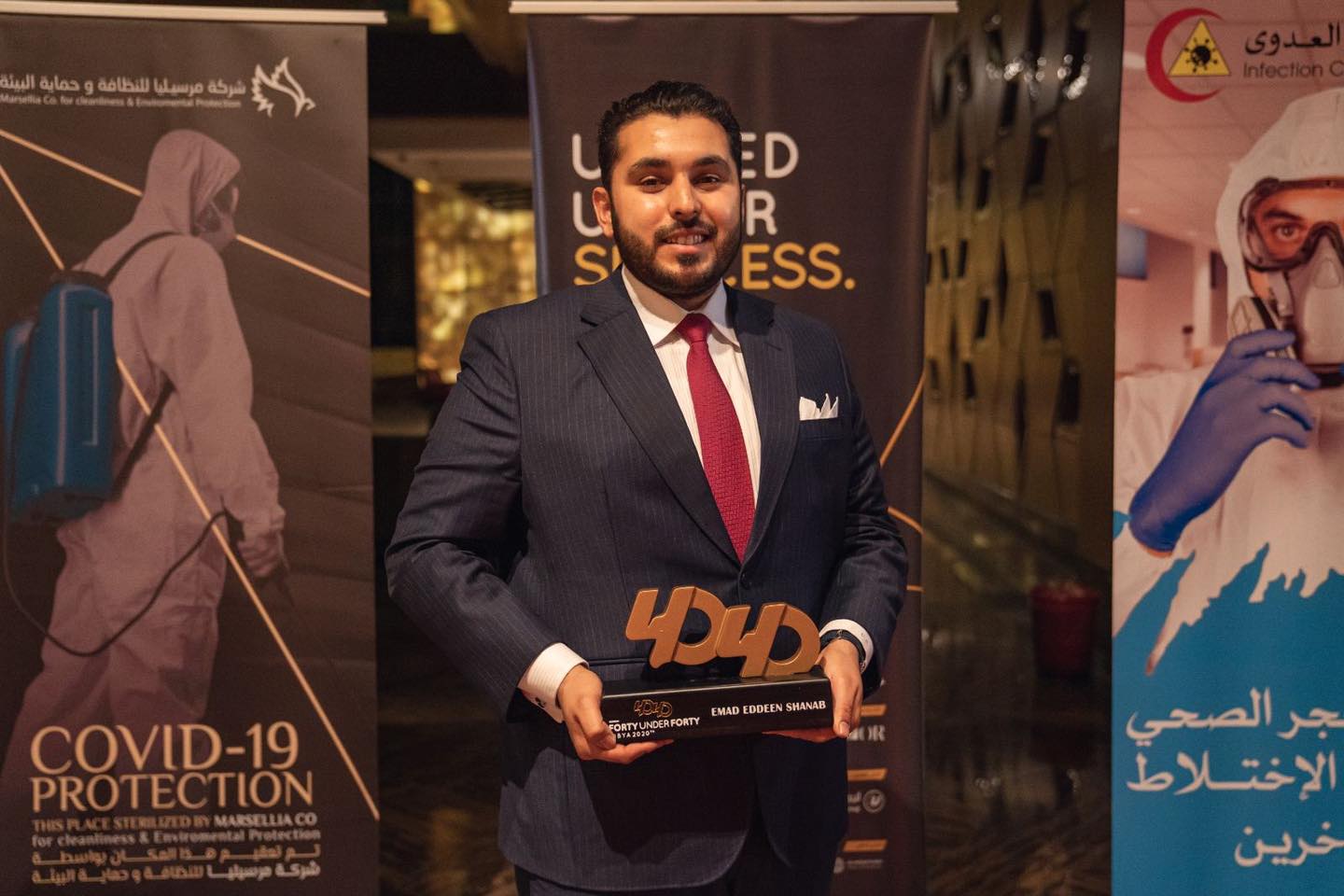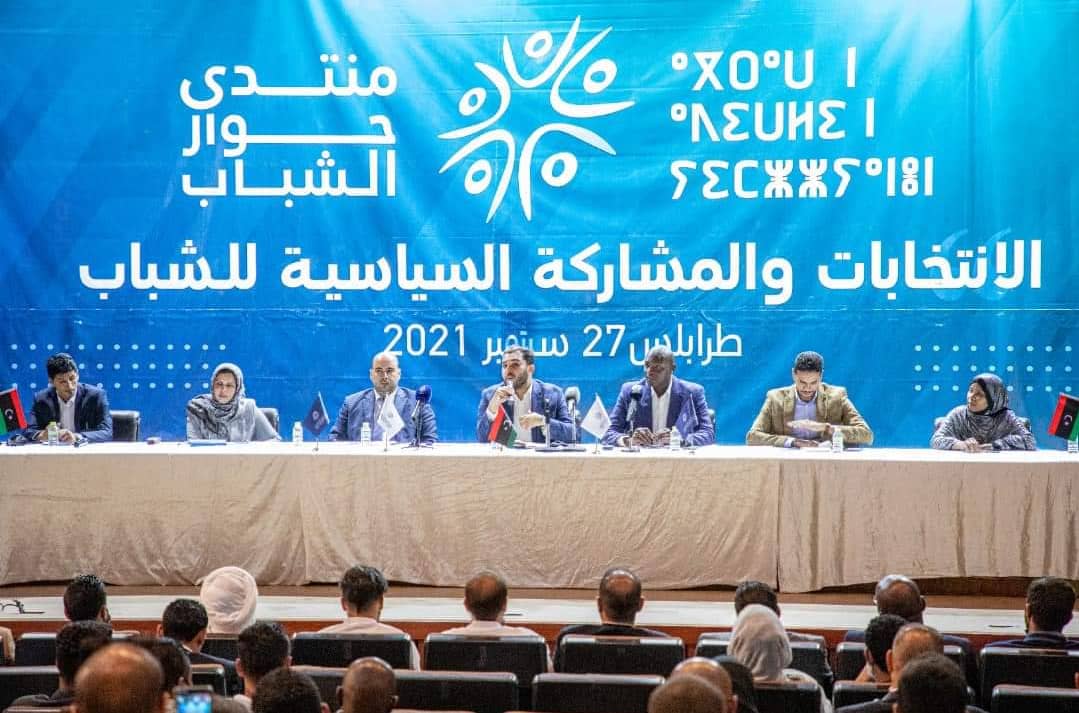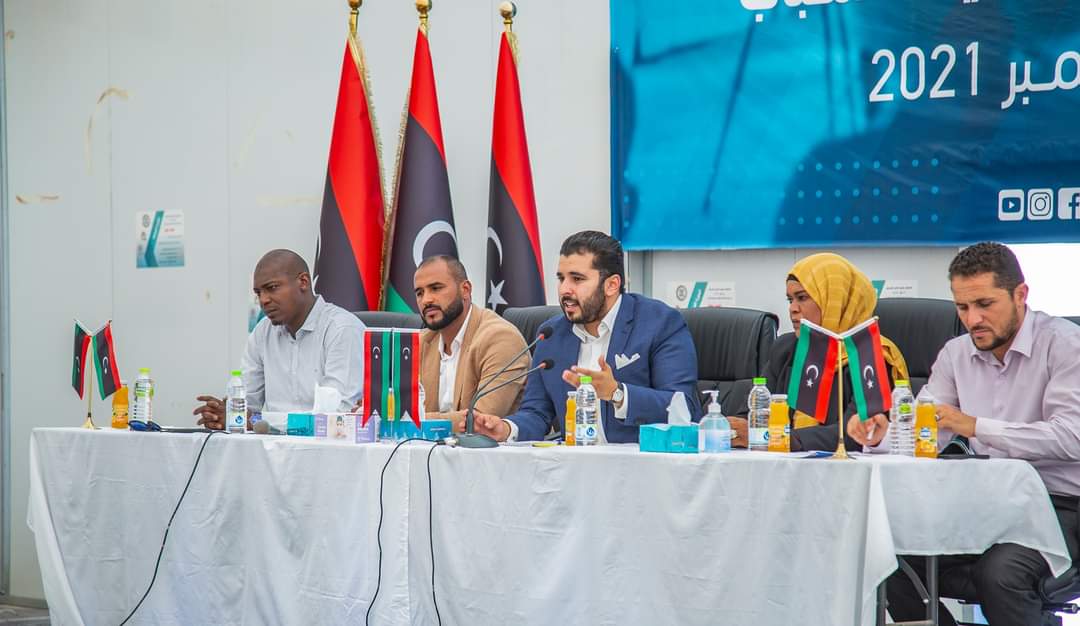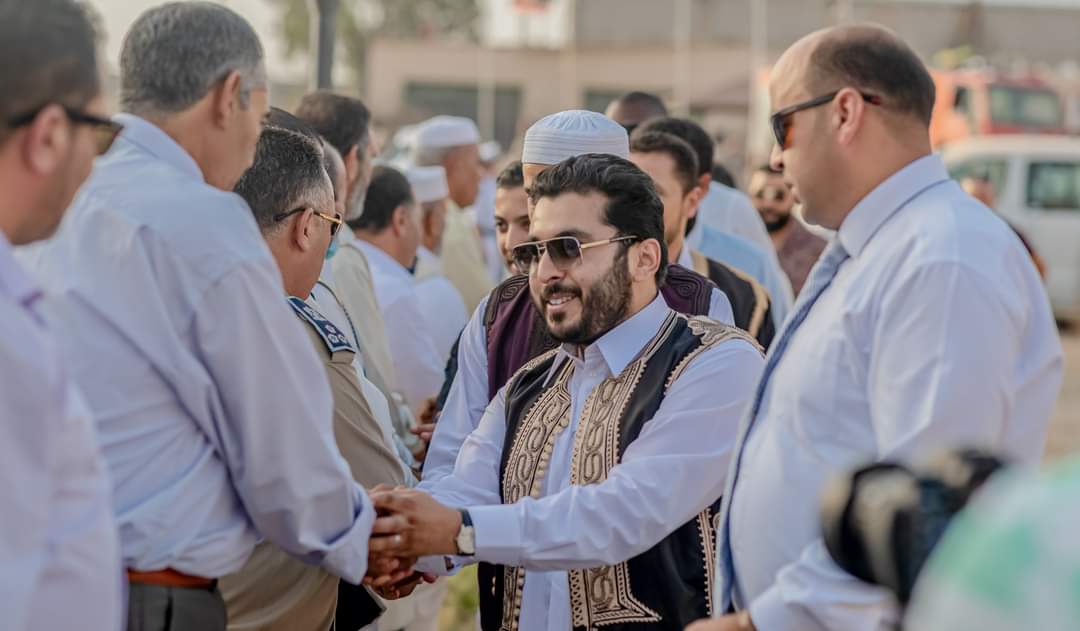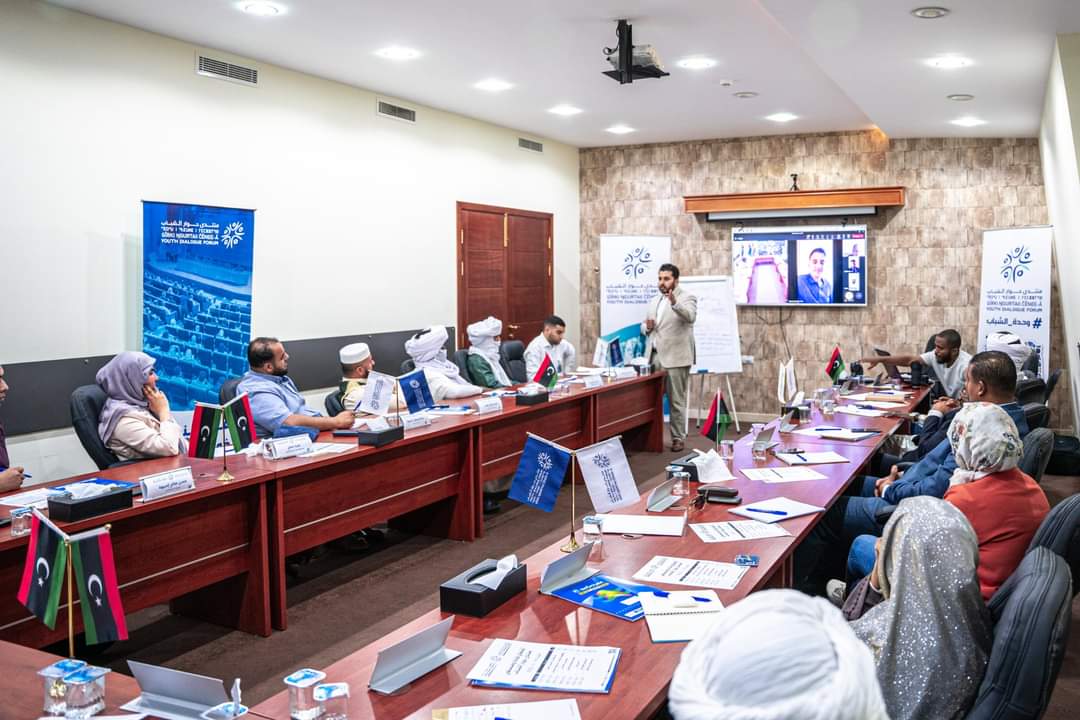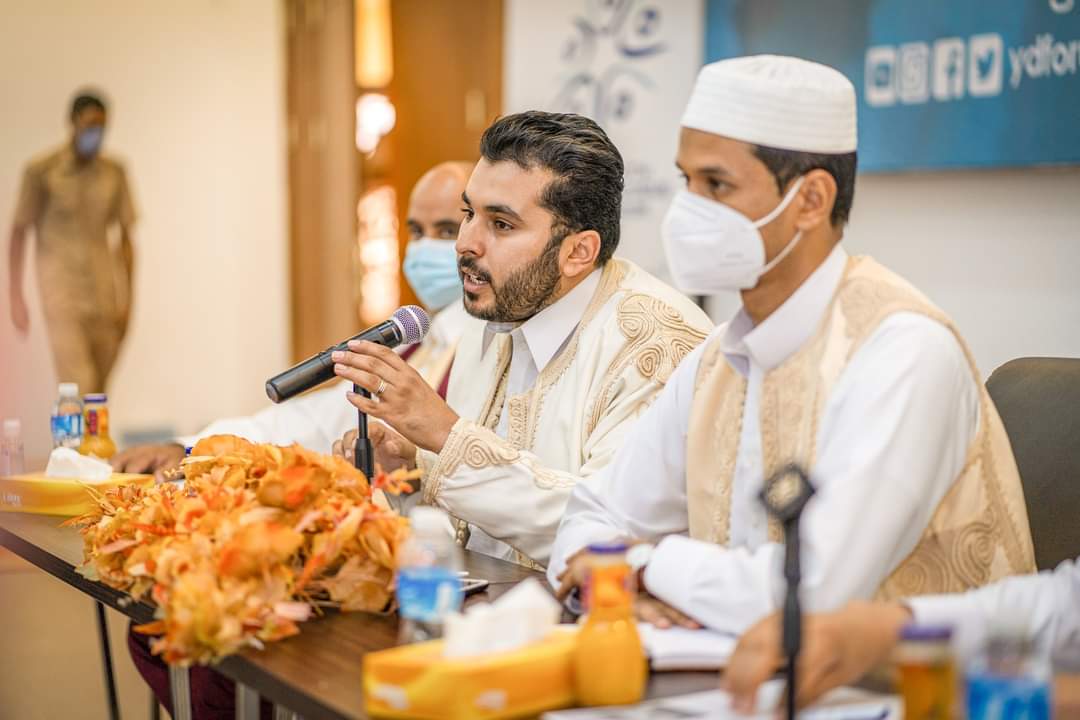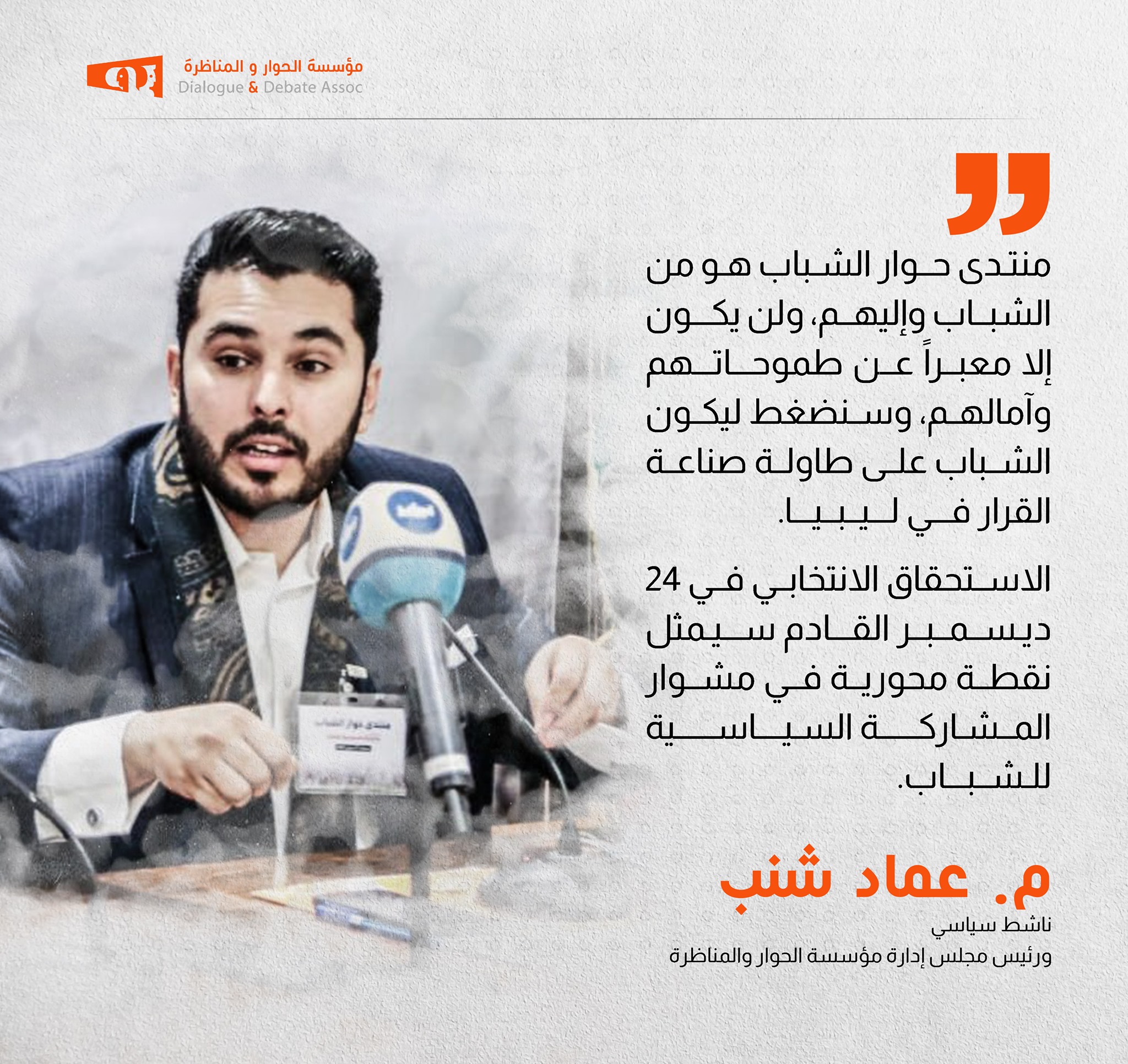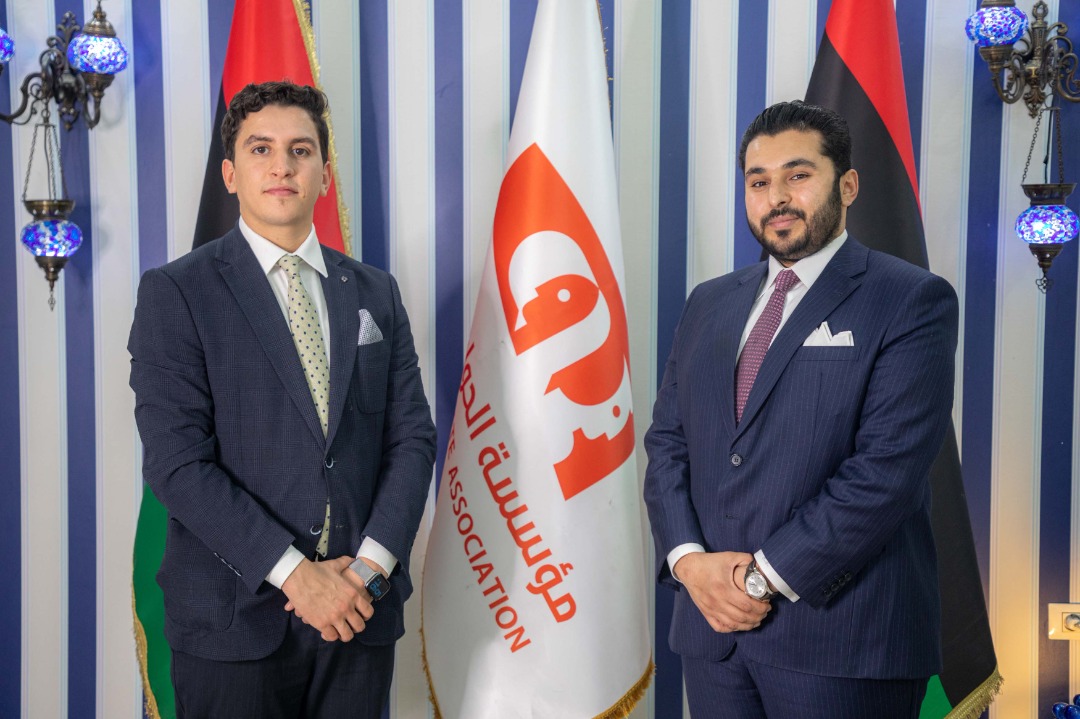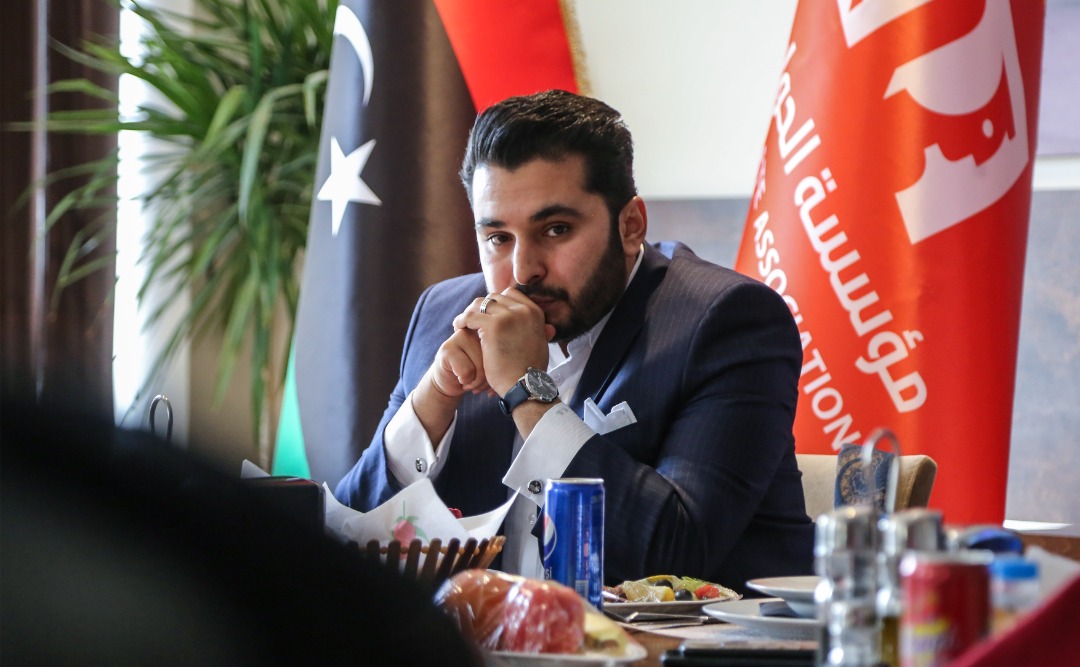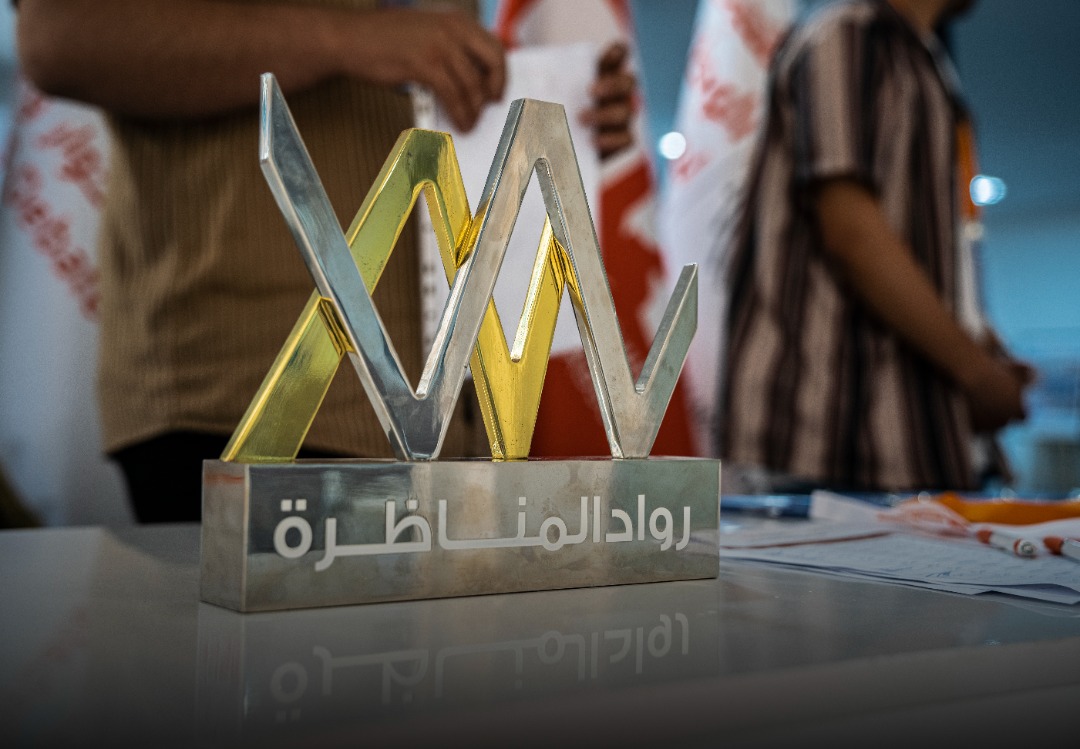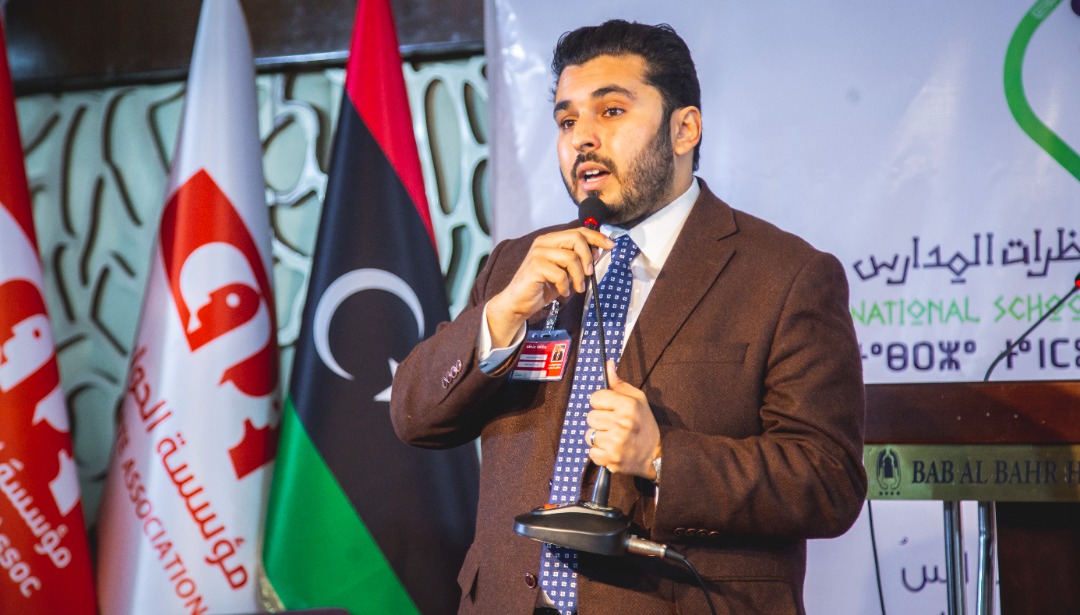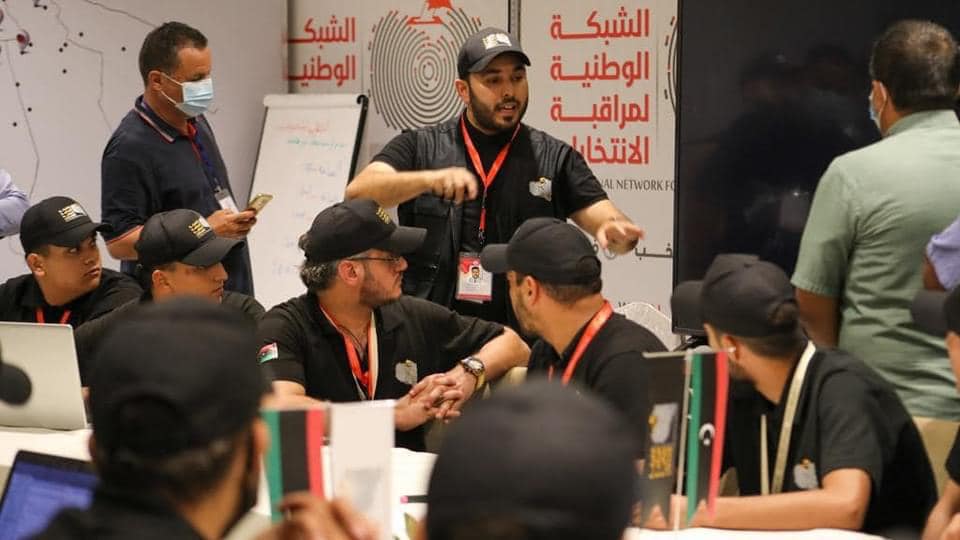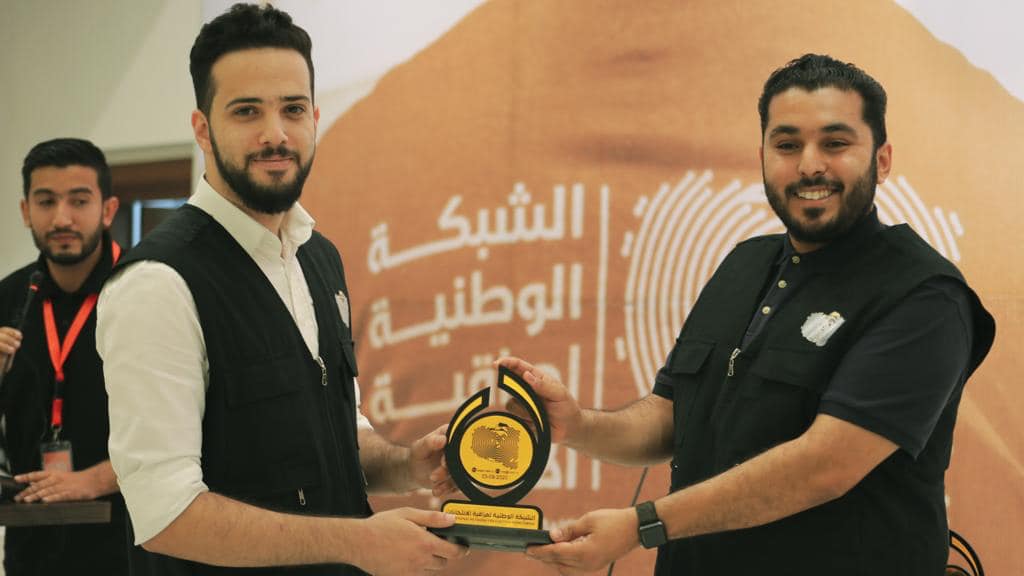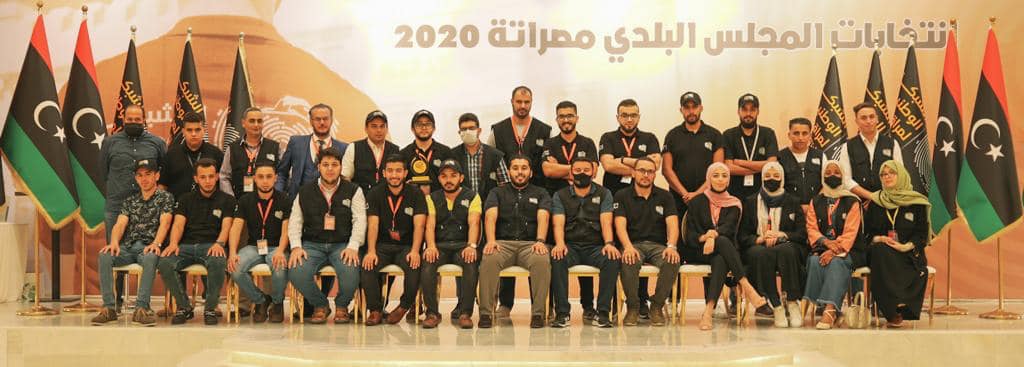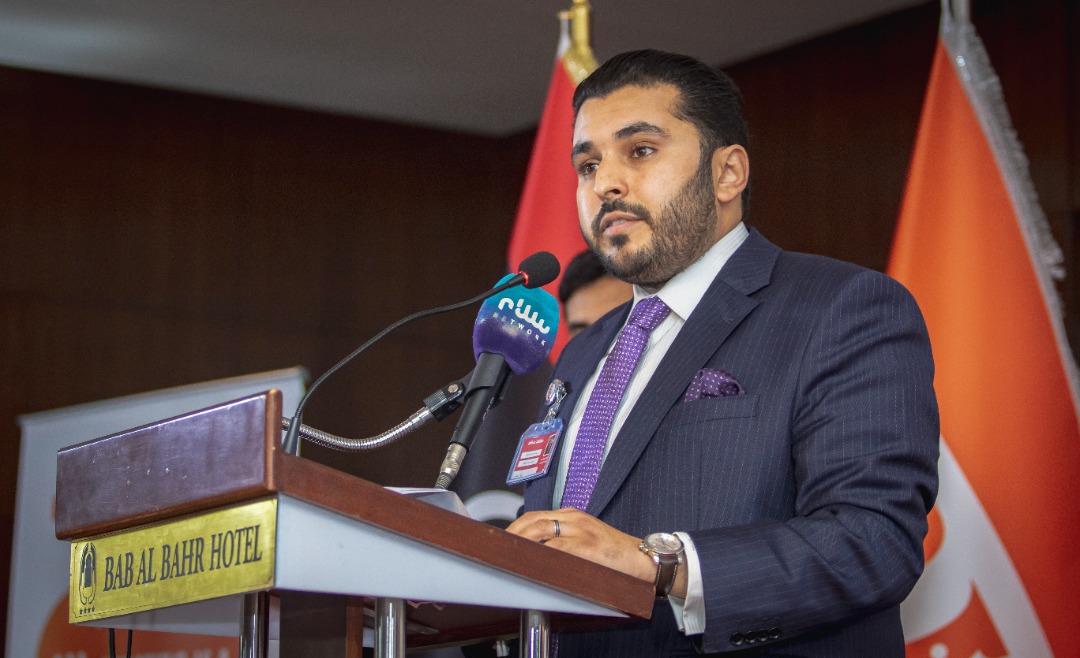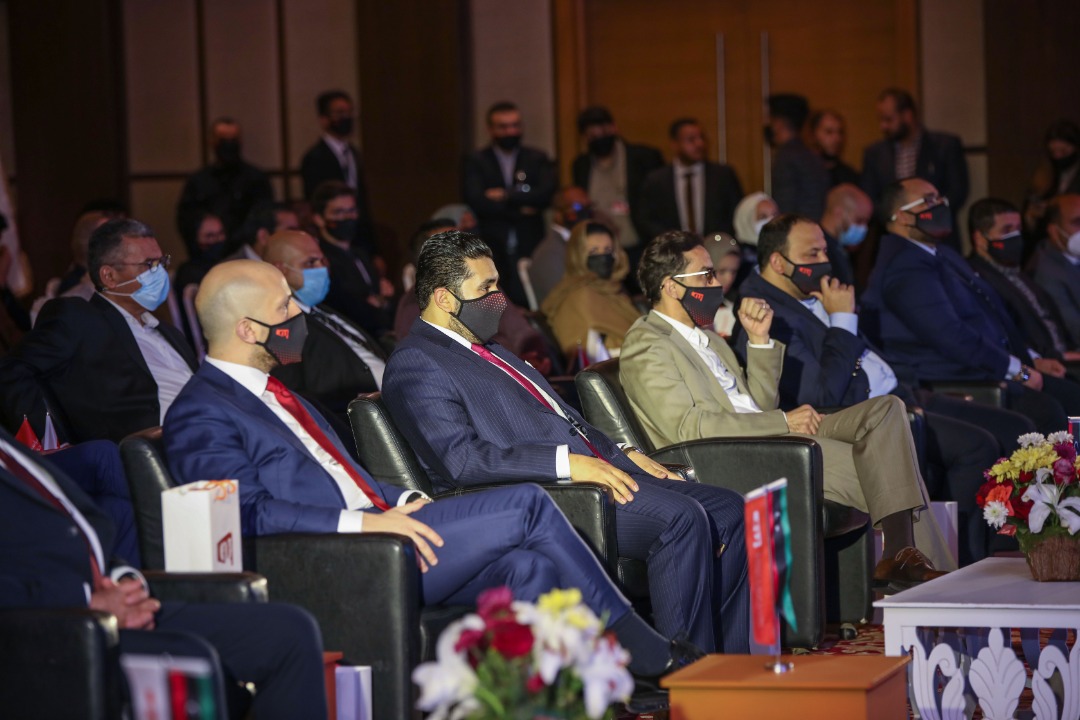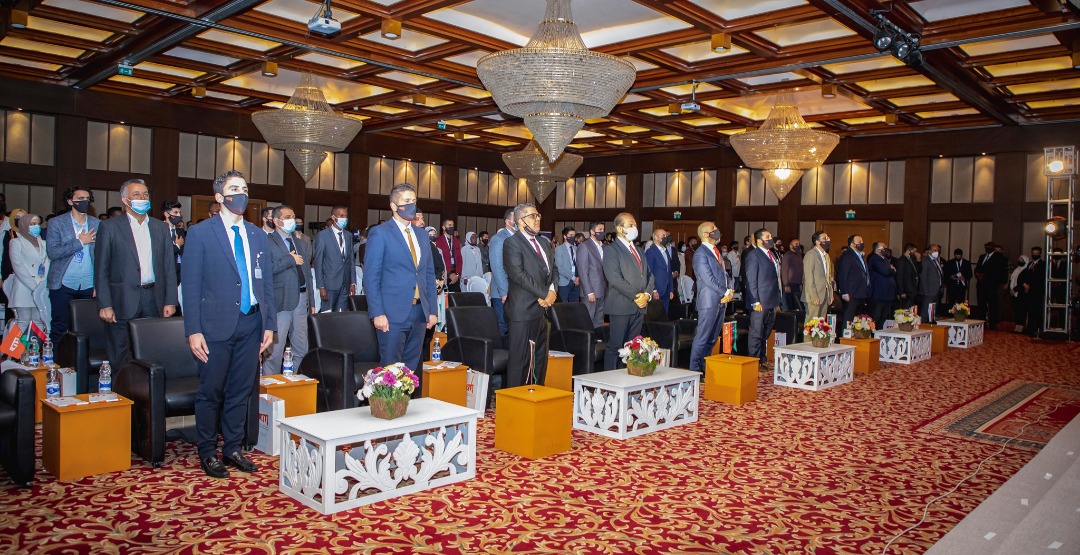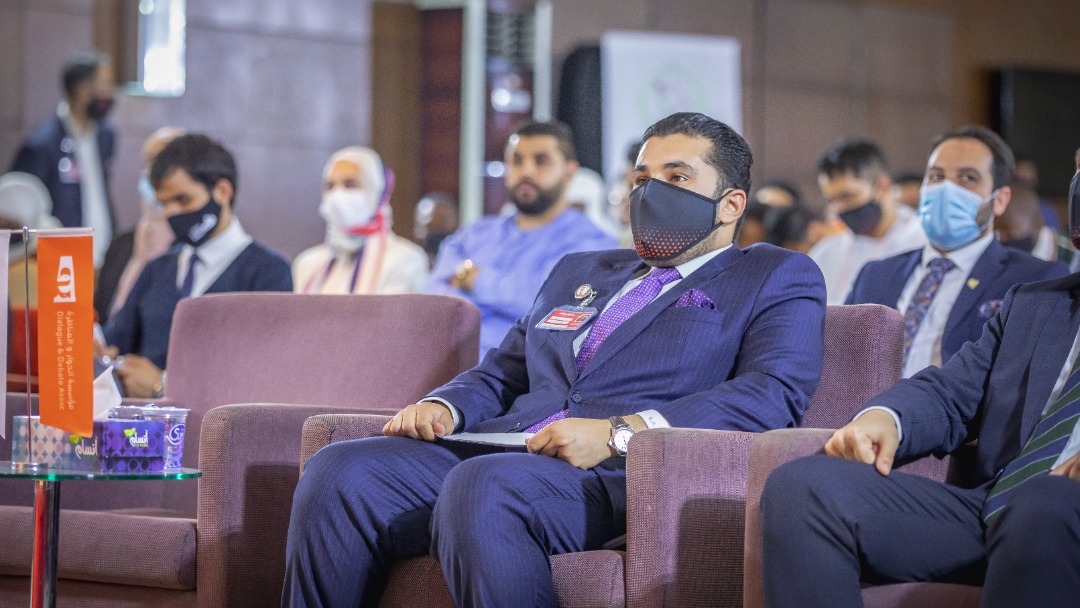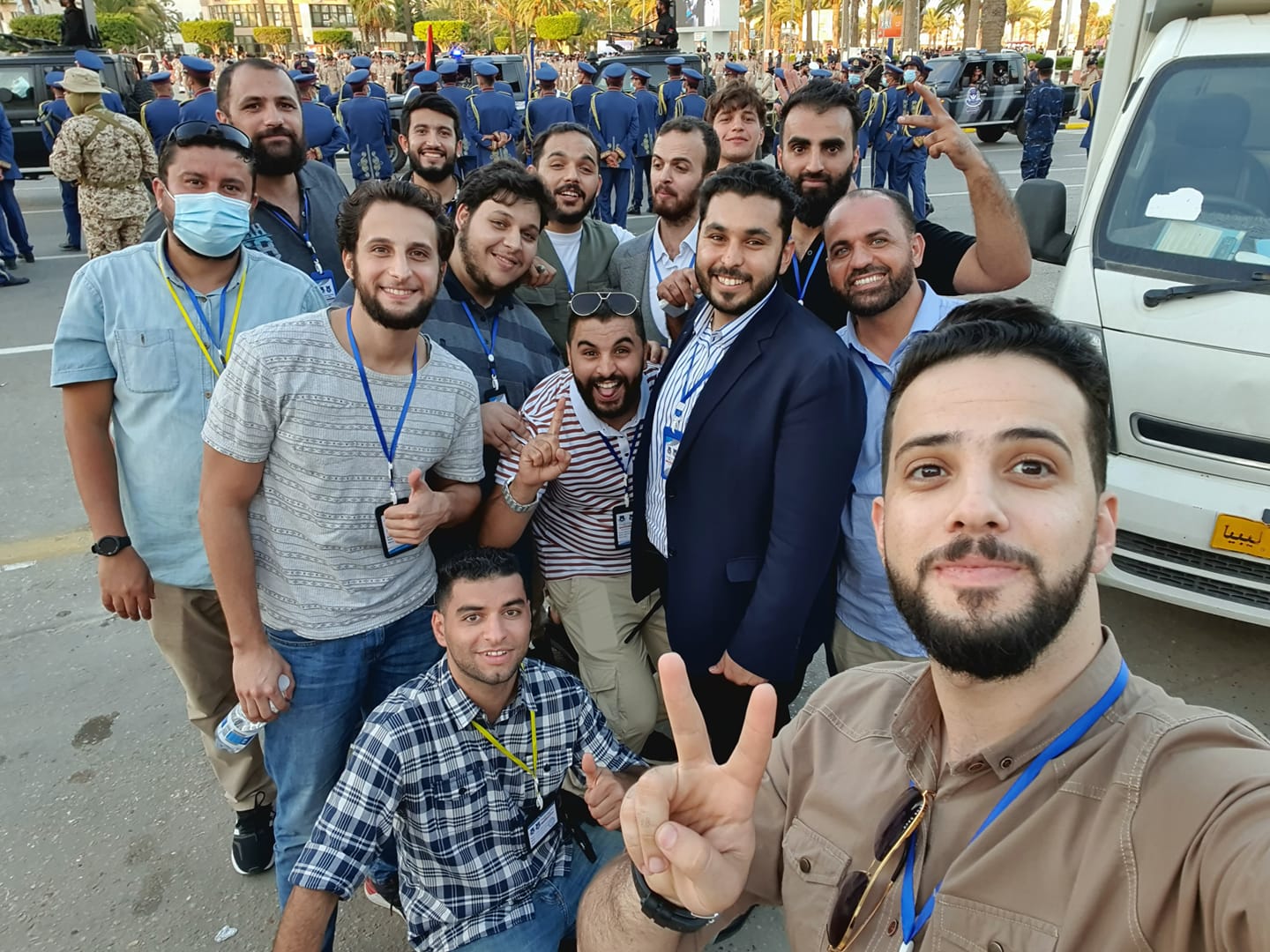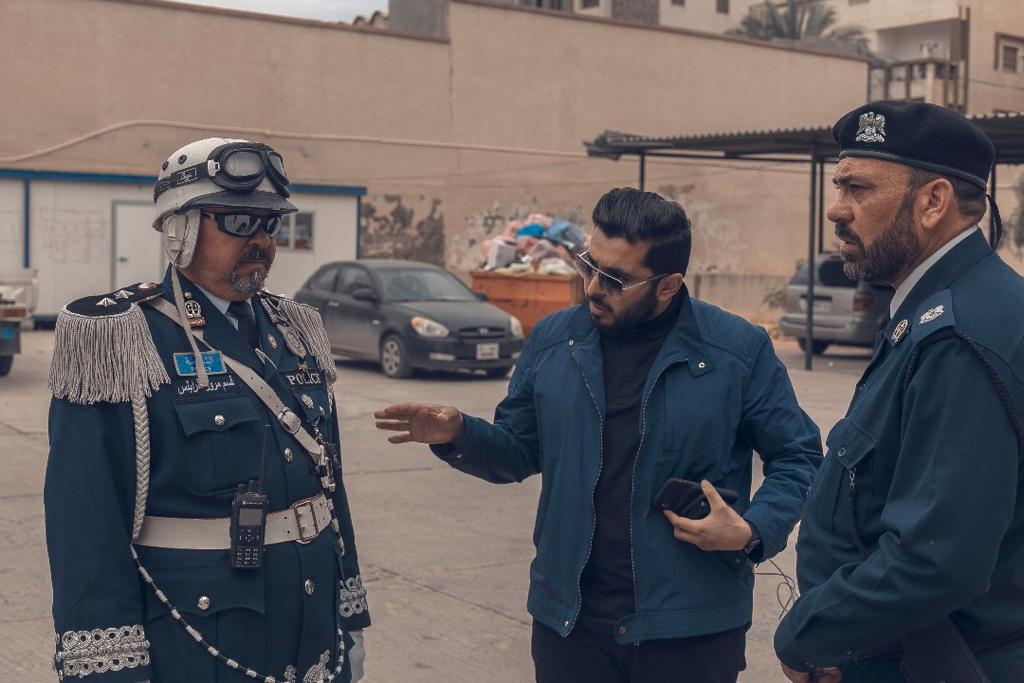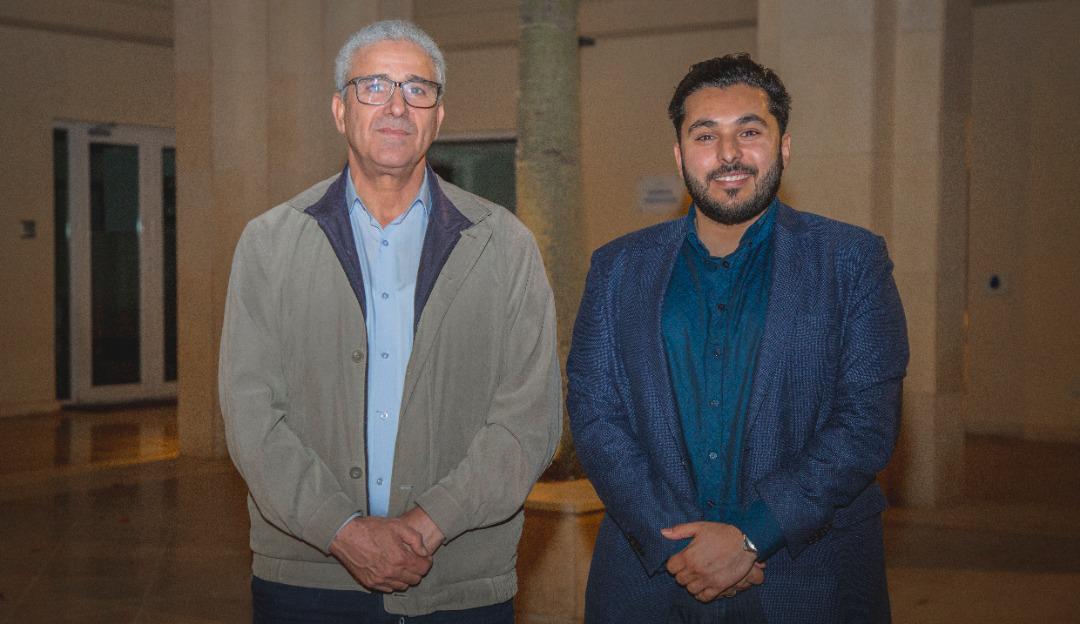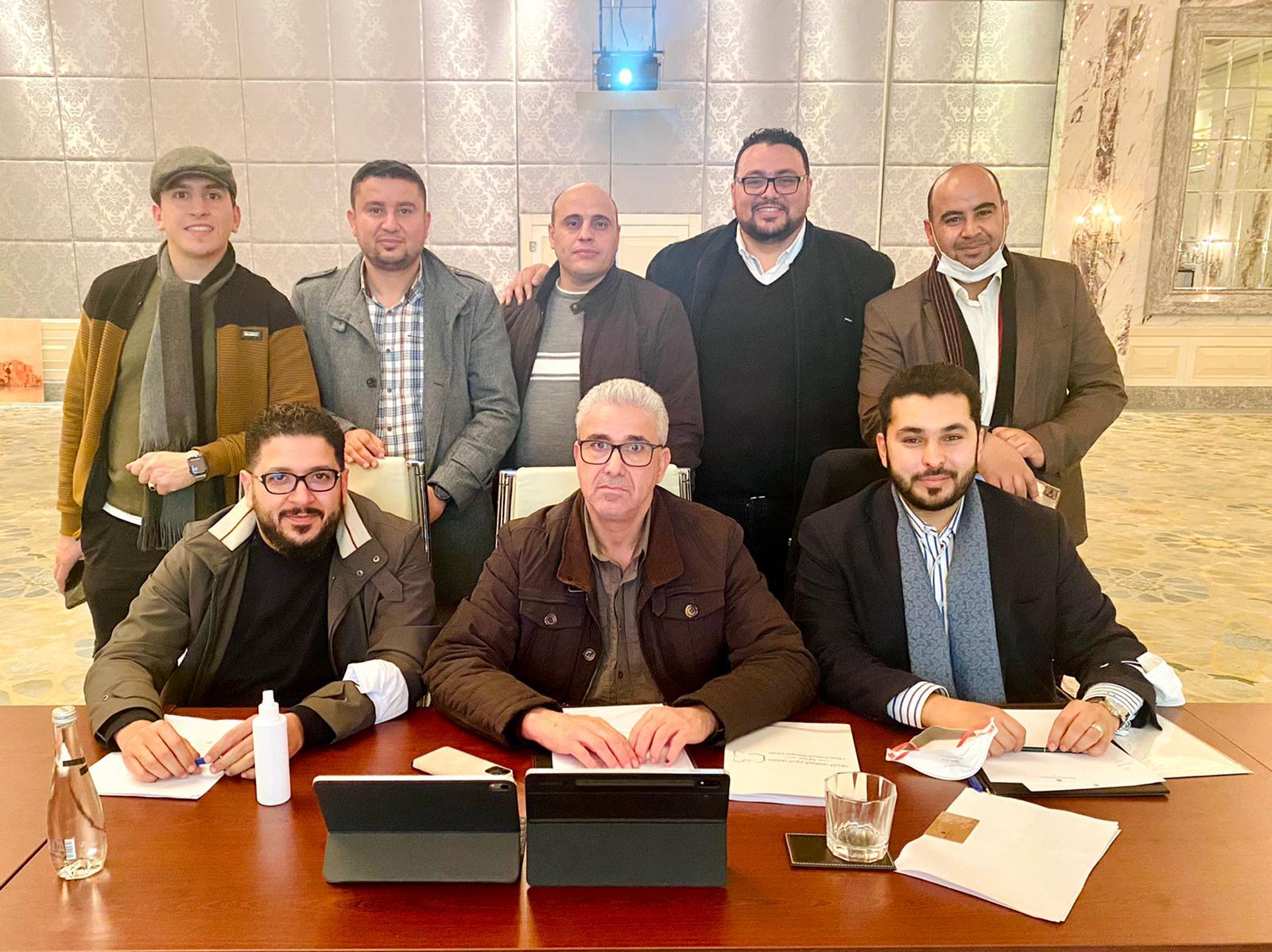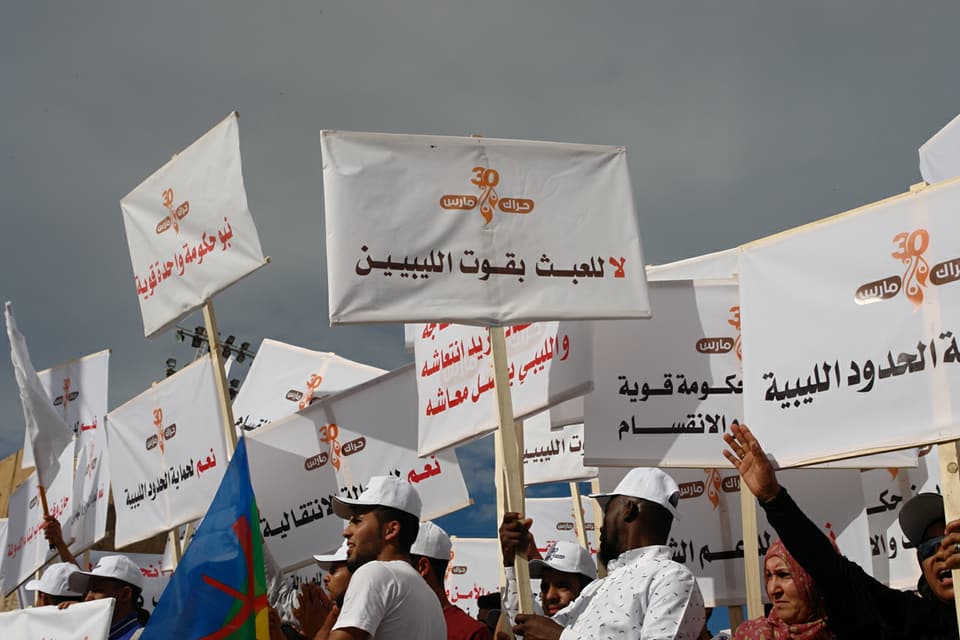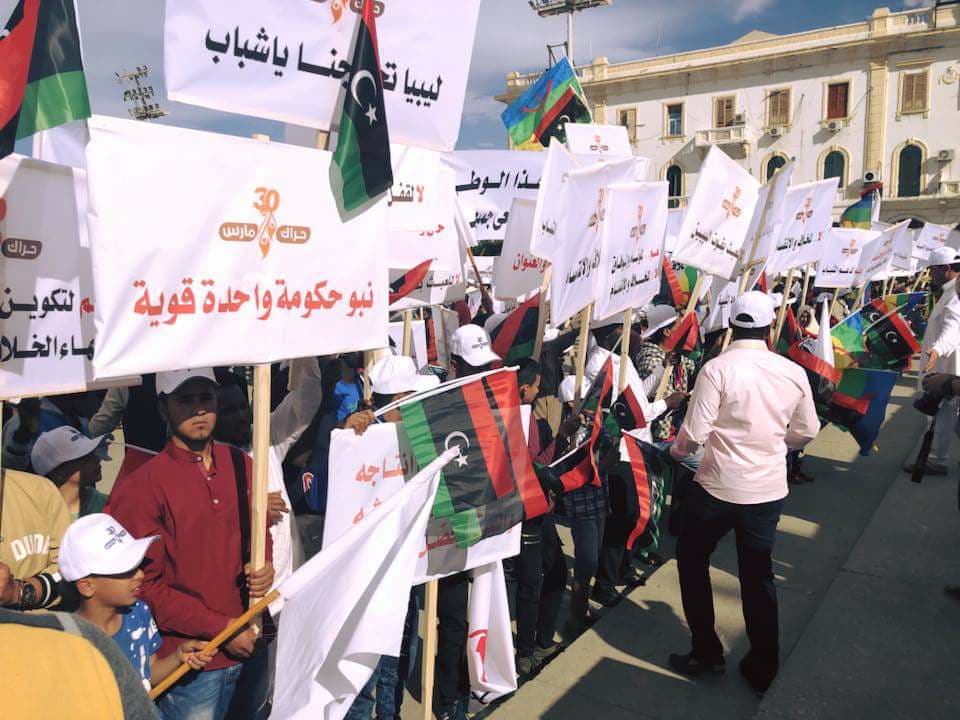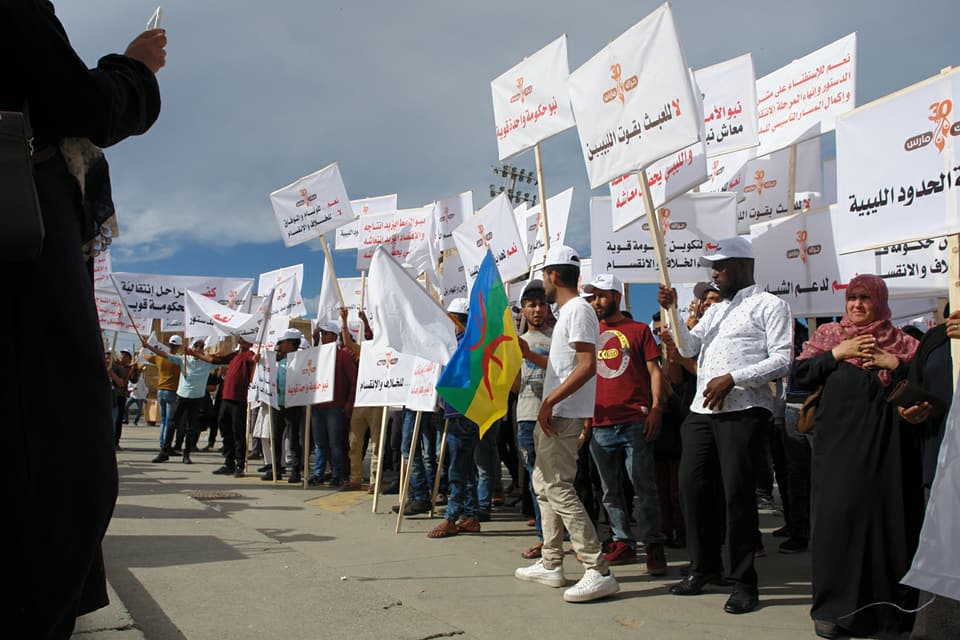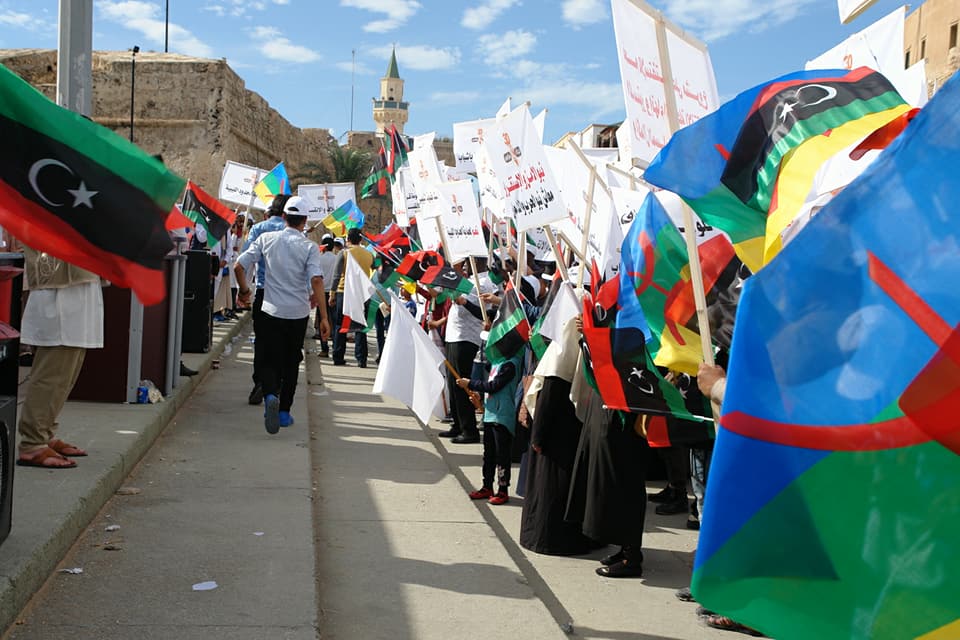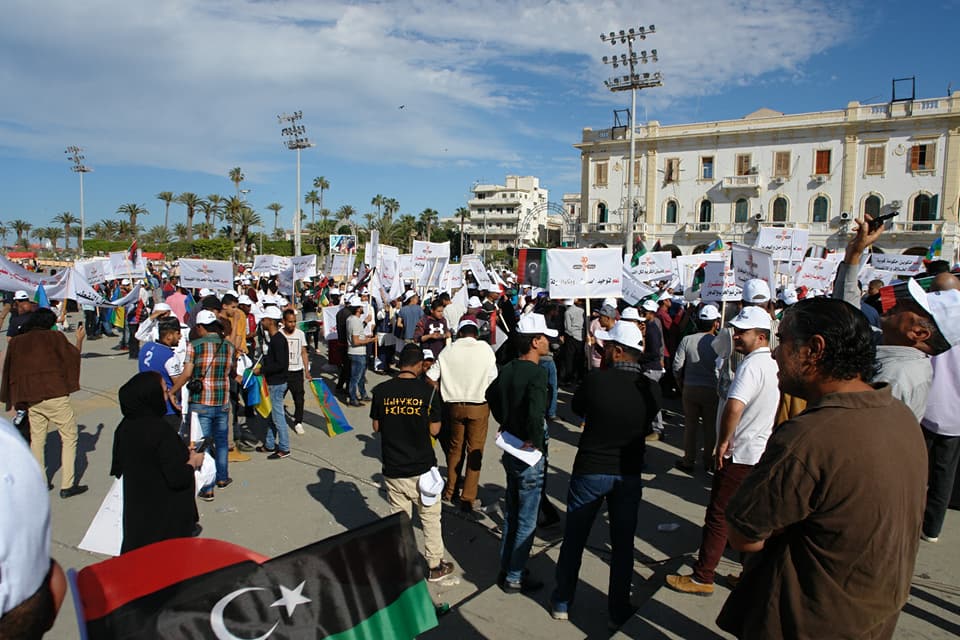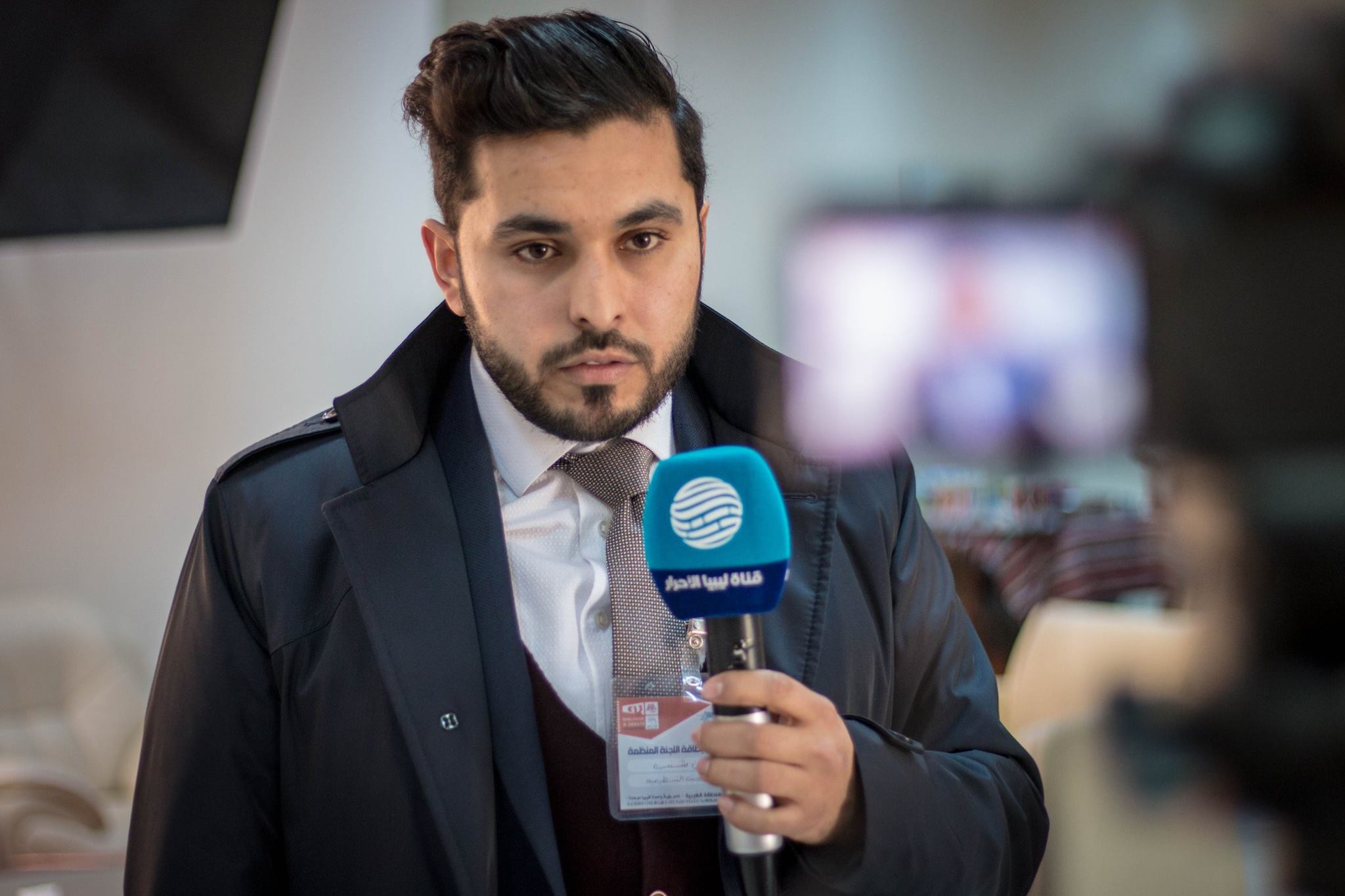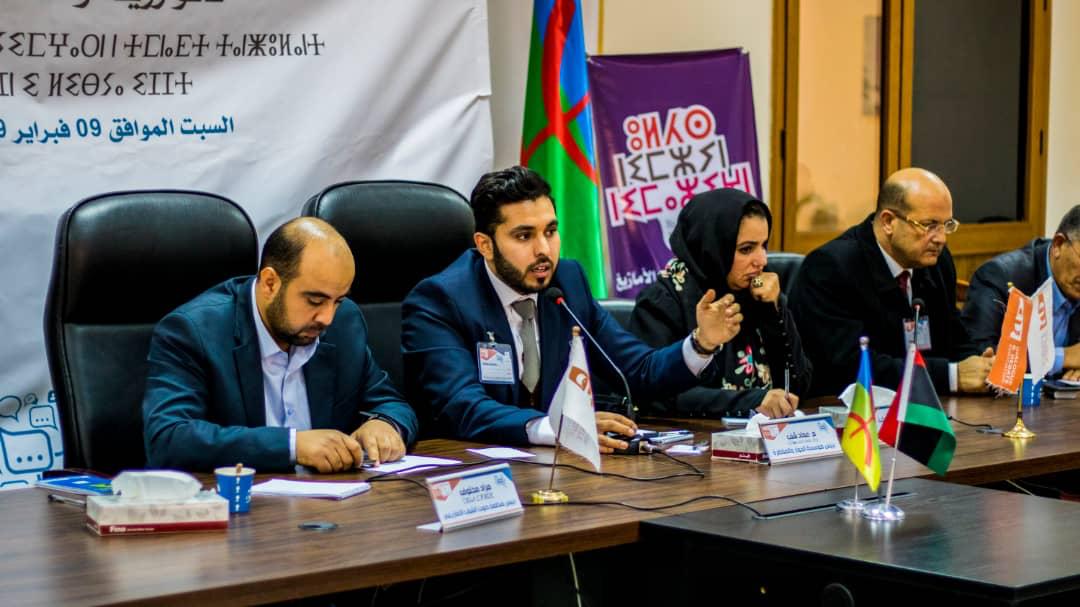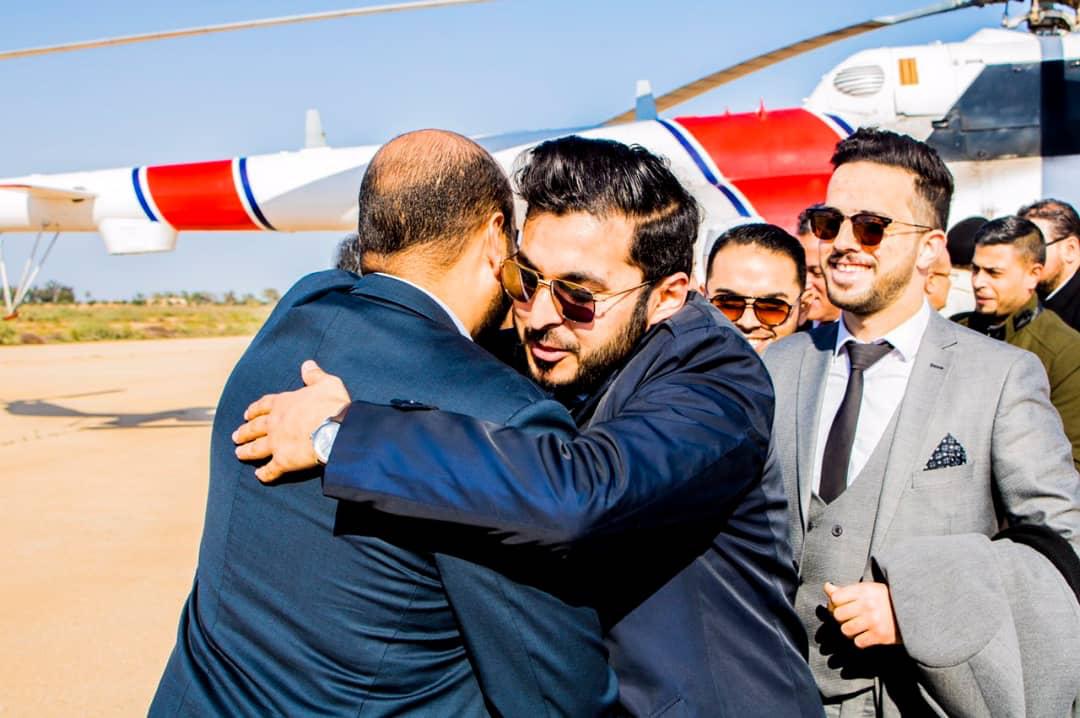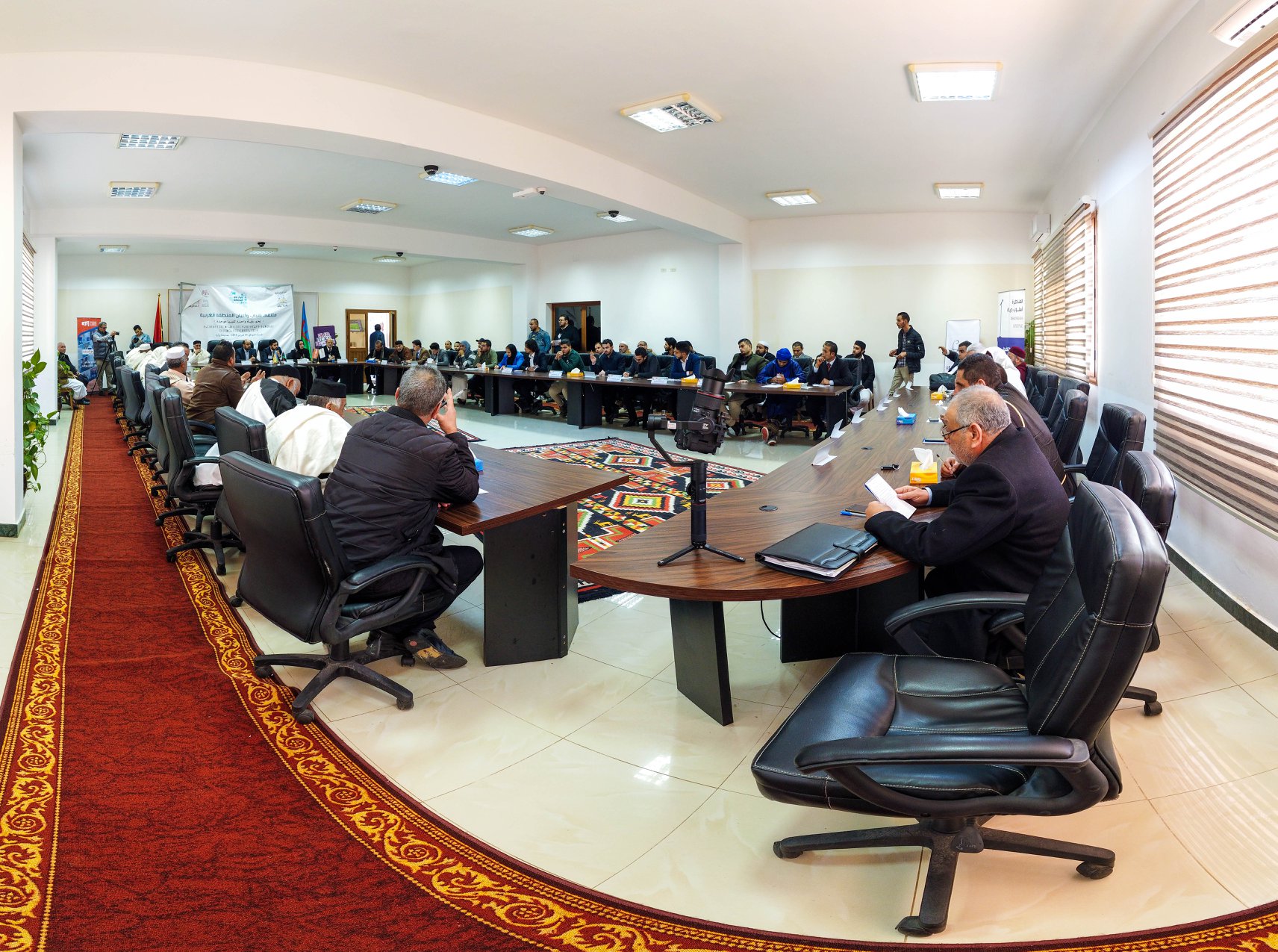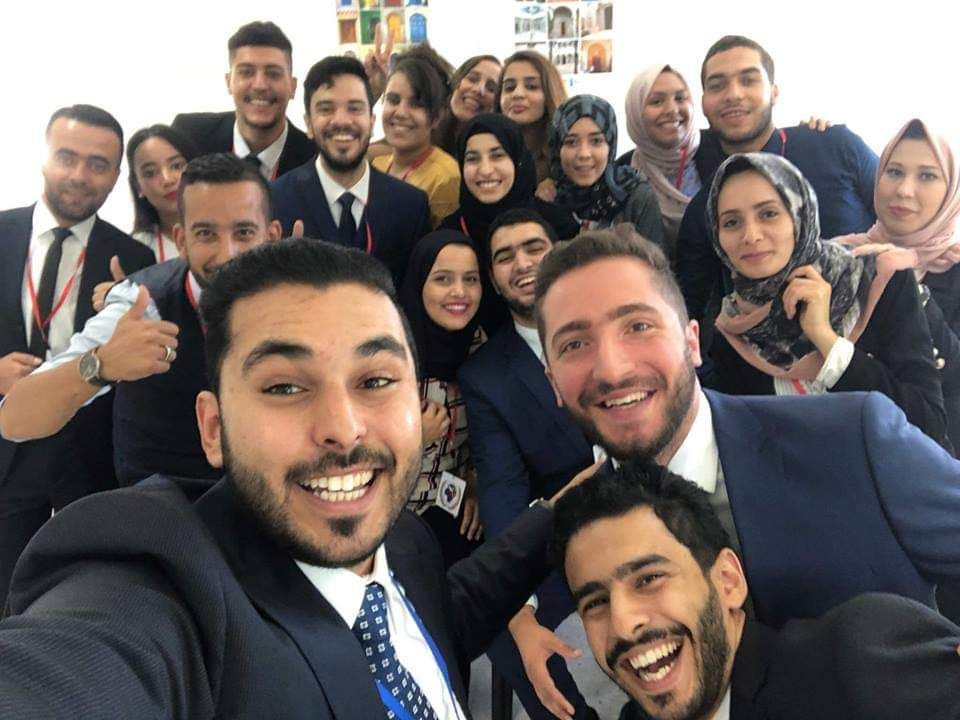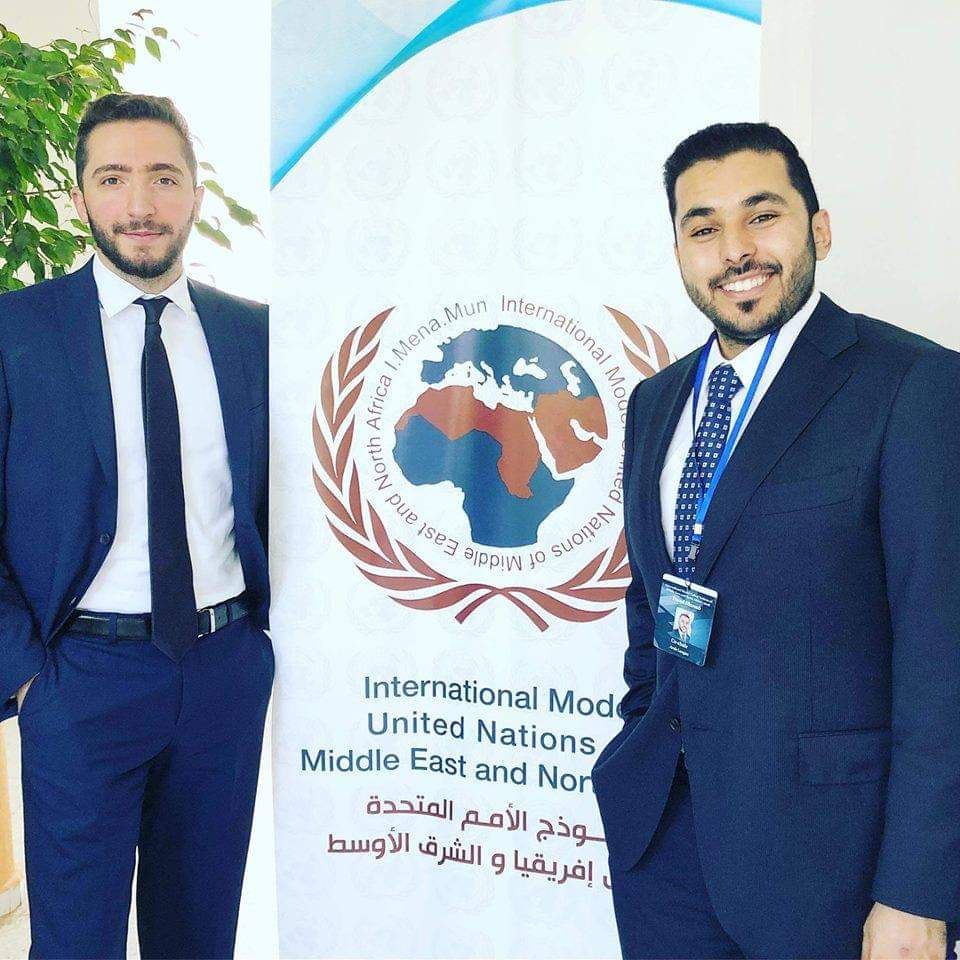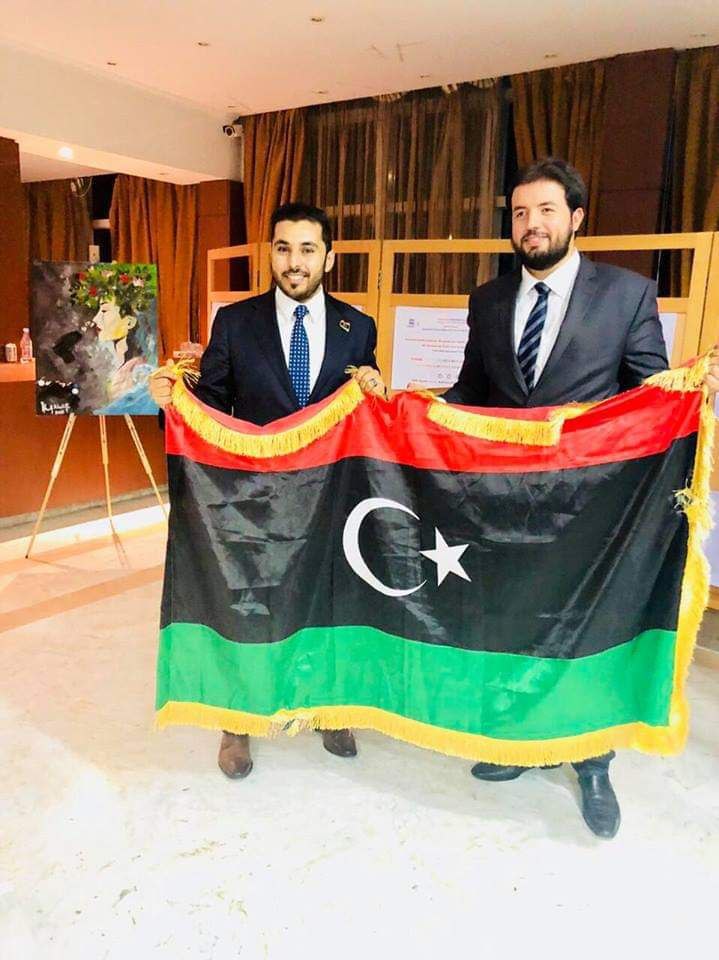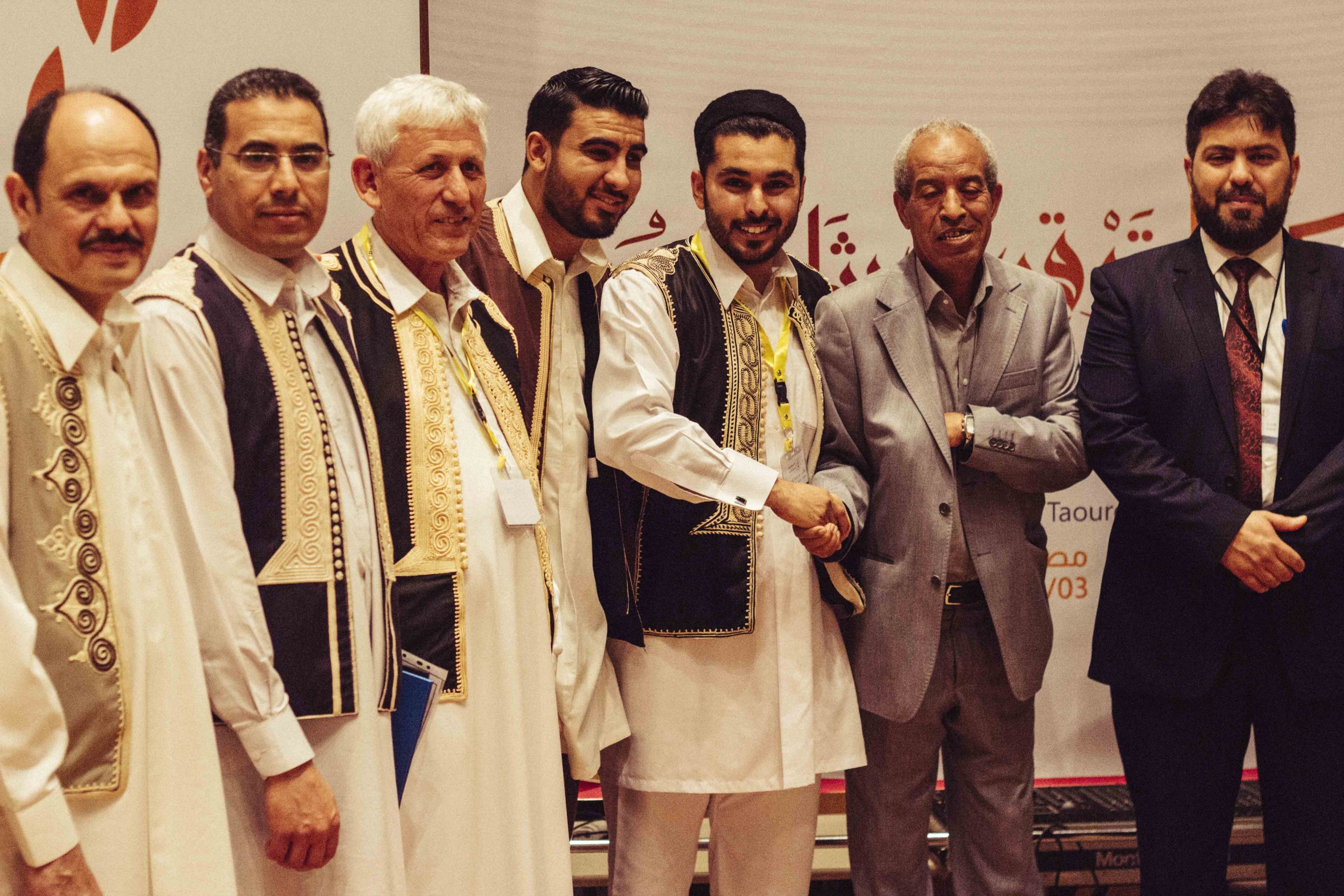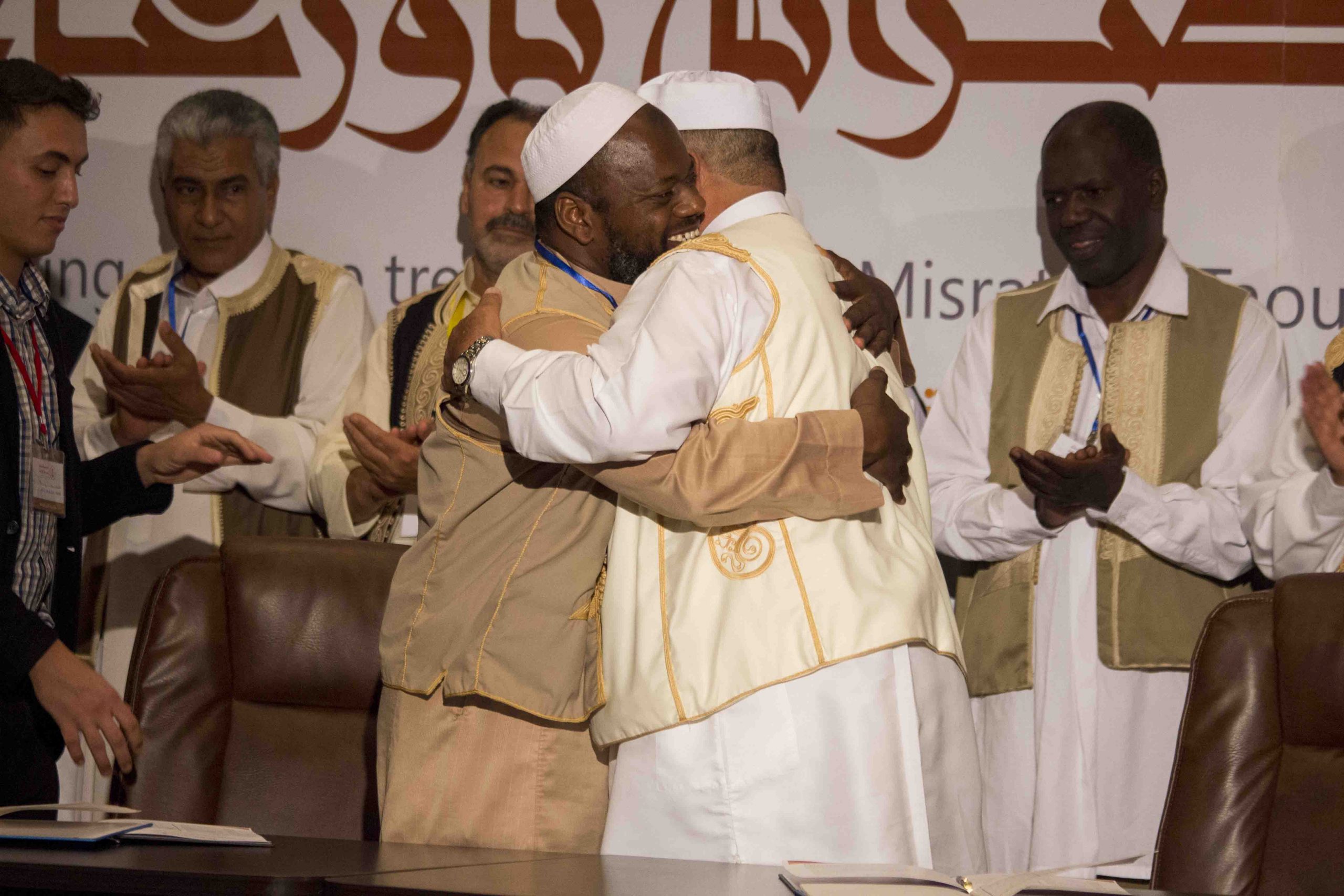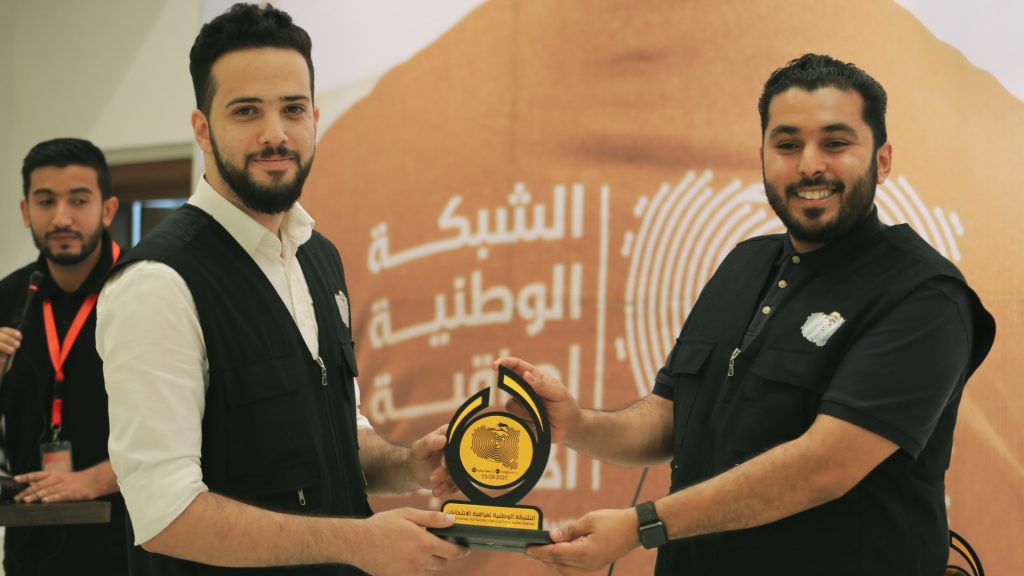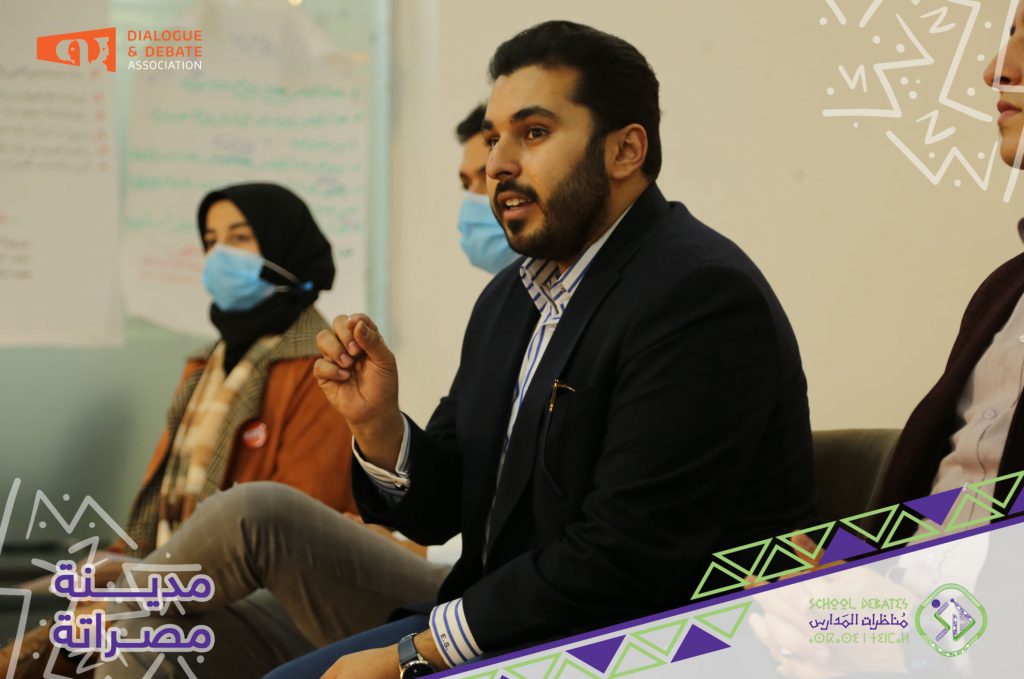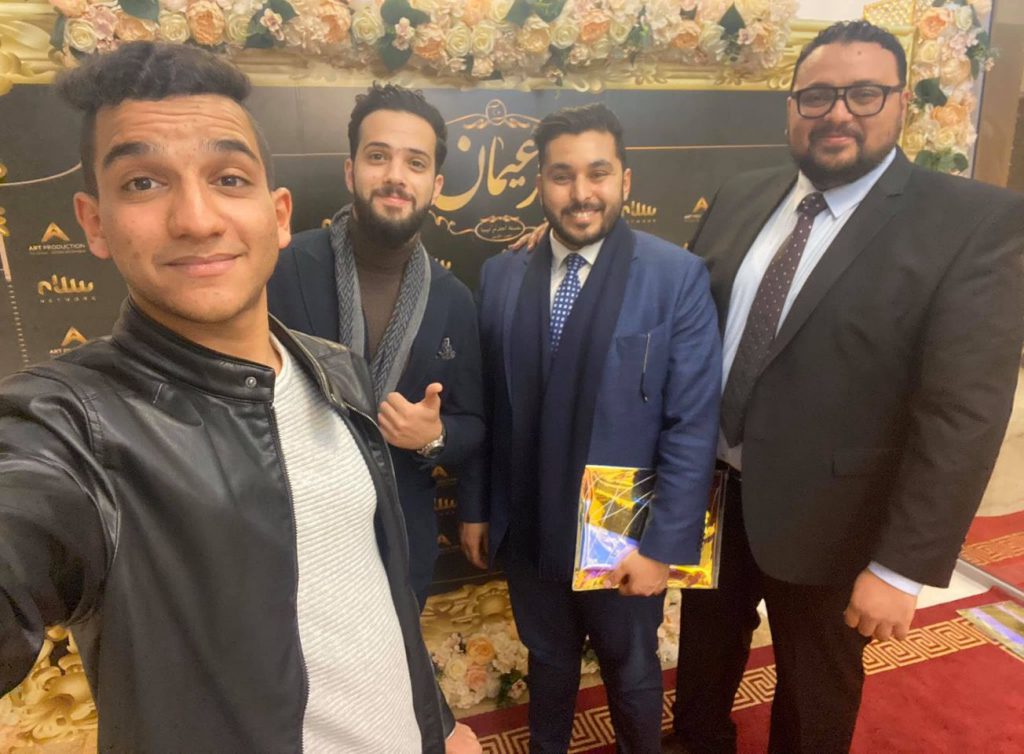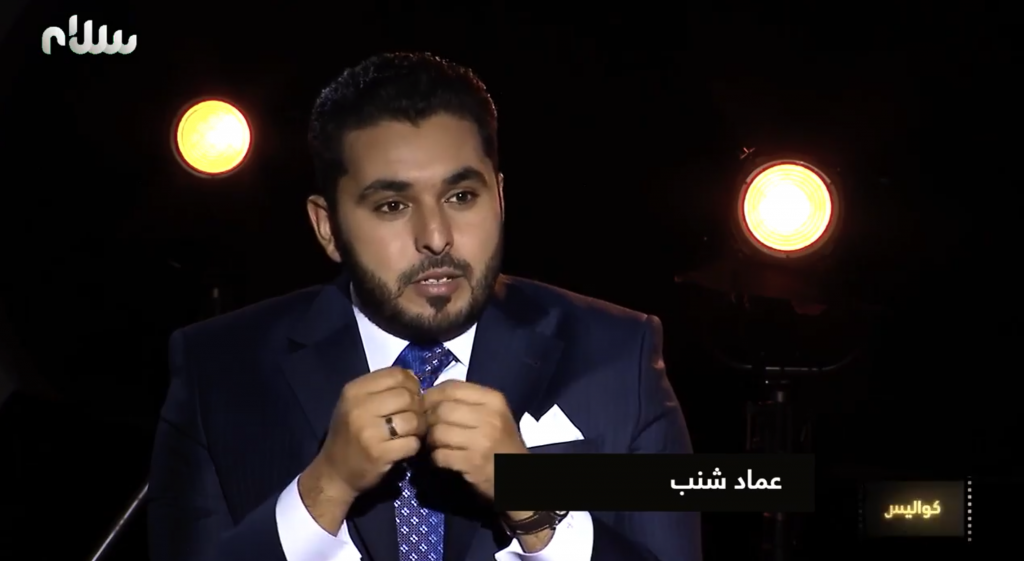
National Reconciliation

Youth Empowerment

Building Future








After 8 months of work on Youth Dialogue Forum with more than 35 dialogue session in different Libyan cities, the crown jewel for this youthful journey was with us holding Youth National Conference, gathering more than 2,000 young men & women in Tripoli, sending a message to all politicians and international community that youth time has come! as they are more than able to self-determine their fate; offering initiatives to save their country.

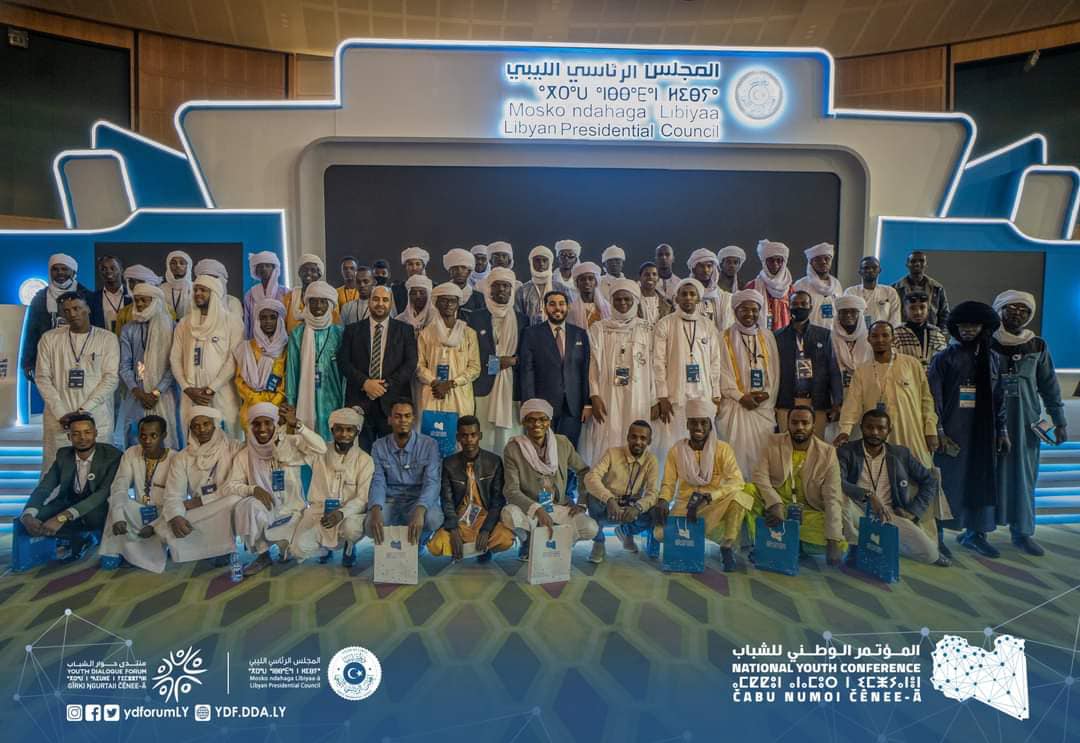

Honored to be recognized as one of Libya’s 40 Under 40 after 9 years of work in supporting youth, publishing culture of dialogue, debate, and peace building.
I dedicate this accomplishment to my success partners: family, friends, colleagues in the journey of development and all Libyan youth, the heart of this nation.

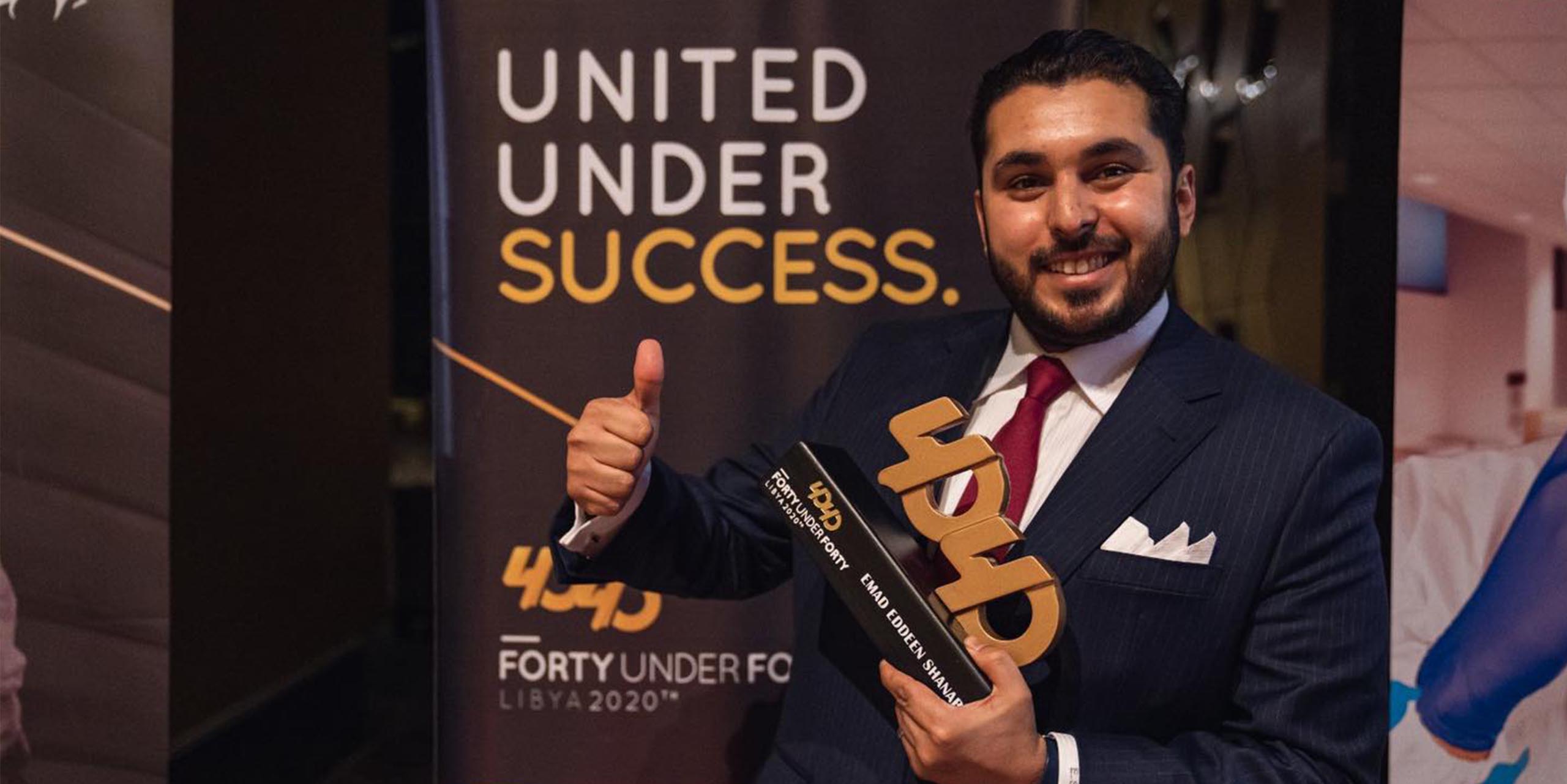

Youth Dialogue Forum is a platform that gathers youth voices despite any differences in point of views nor political perspectives; supporting their cases to formalize a national inclusive vision that pushes forward towards youth taking more active role in public life.
From Misrata we launched our activities to roam all different cities meeting with all kinds of youth. This forum will be for all youth as a partner, expressing their hopes, and advocating their participation in political life not just believing that youth are only the future, but also believing that they are the present, and their time is NOW!

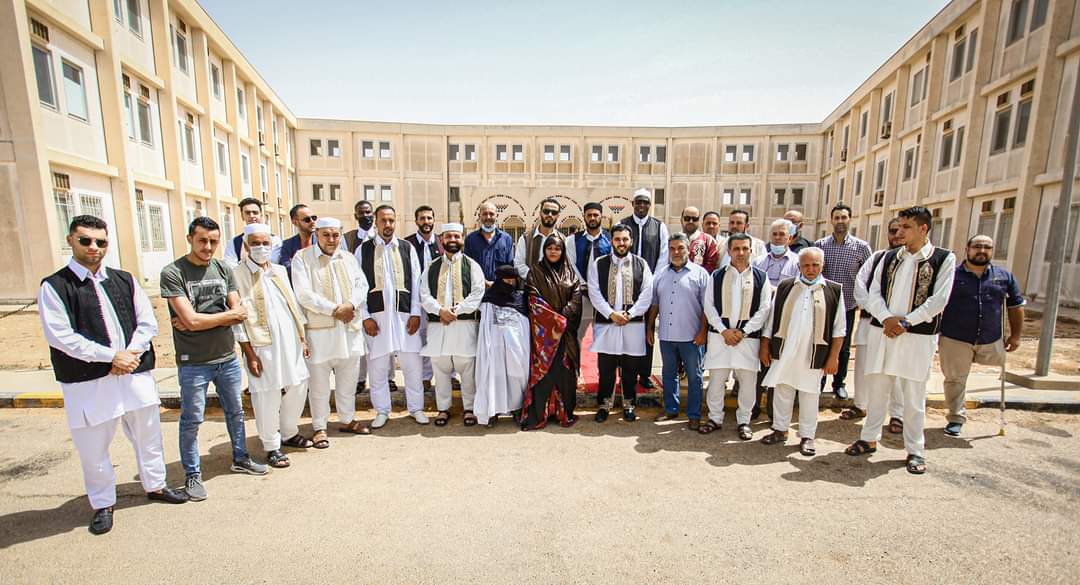

We worked in the last 8 years on peacebuilding, enhancing social dialogue, and youth empowerment.
We were able to train more than 8750 young men & women in more than 40 Libyan cities. We created -during this trip where we gathered many international prizes most importantly Debate Pioneers & Sami and Tawfik award- more than 20 debate club in Libya.
We will continue to make youth voices heard, raising their logic discussing social issues with officials and decision-makers. As we are going foreword in empowering youth and women in decision making circles in Libya.

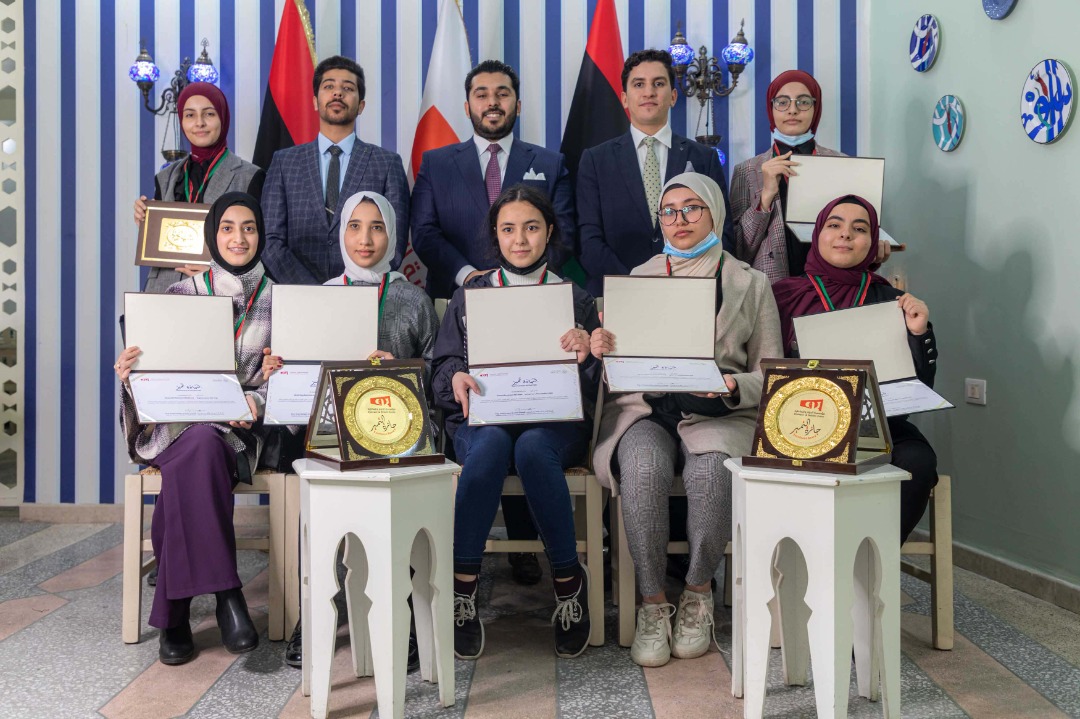
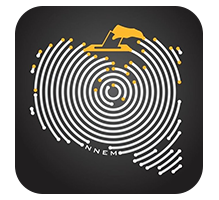
First steps to reach Libyans dream fulfilling the goal that they sacrificed for, is to reach a just democratic state, which starts from consolidating to principle of peaceful alternation of power.
Establishing this concept requires advocating & monitoring elections; guaranteeing that it does not face any kind of manipulation which can be foreseen through the eyes of trustworthy youth who believe in these values, working day in and day it to establish those values to be seen as a reality in our society with high quality professional work, for that the National Network for Elections Monitoring was created.

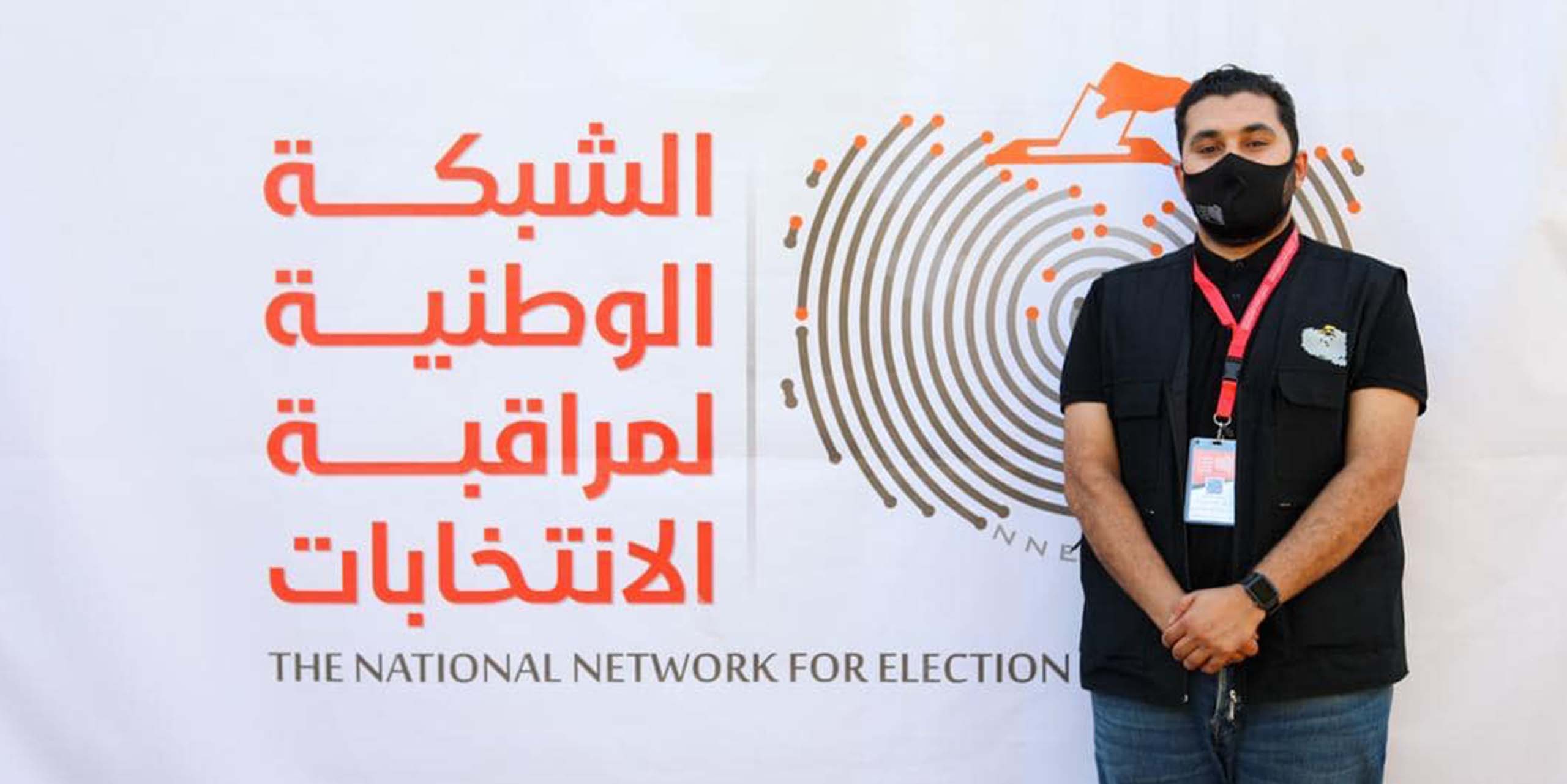
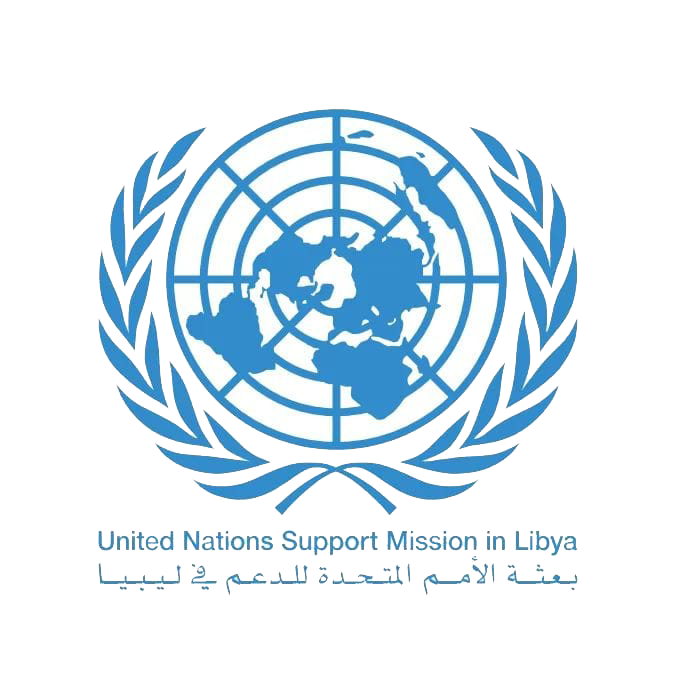
Since the beginning of 17th of February 2011 revolution, Libya has opened up to its regional and international environment and linked a range of relationships and friendships within the frameworks of civil society institutions. The United Nations structures and institutions have played a leading role in supporting Libya’s democratic transition and accompanying a number of national organizations and their partners in a post-conflict participatory process that covers all sectors of Libyan society, including women, youth and marginalized groups, which has led me and a number of young people to support and engage in this initiative in order to align these programs with national priorities and to push Libyan youth to participate and play an influential role in Libya’s reality and future. Since 2015, I have chosen to work as a youth and peace adviser to several international actors operating in Libya, the most important of which is the United Nations Support Mission in Libya UNSMIL and the United Nations Development Fund UNDP. These tasks, in addition to the rich experience I have gained by working with experts and people of interest, helped me to contribute as much as possible to supporting national goals, engaging young people in public life, promoting democratic principles of governance and the rule of law, ensuring human rights-based development for all and establishing a culture of dialogue and reconciliation.
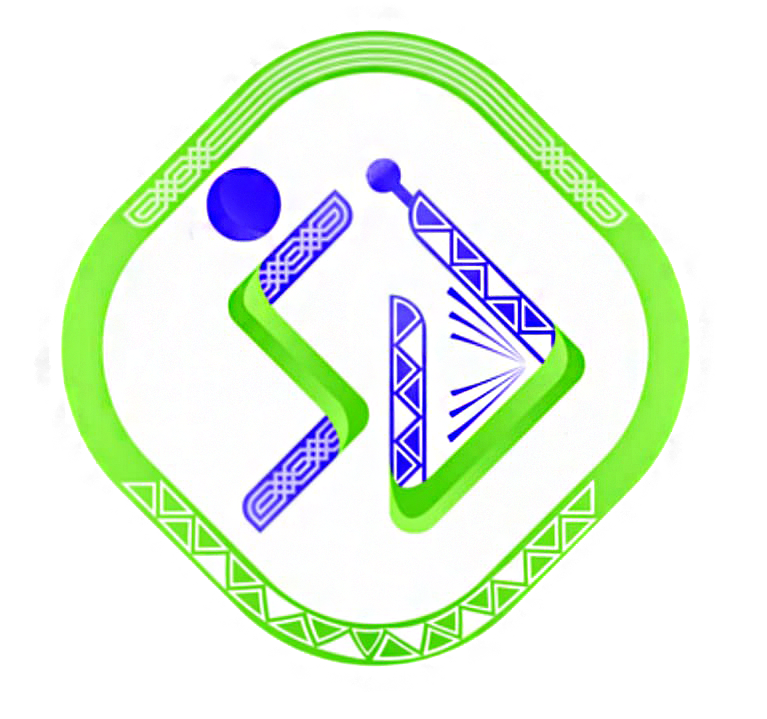
In Dialogue and Debate Association headquarter in Misrata and in the presence of DDA CEO E. Mohamed Abu Snaina and the association’s president E. Emad Shanab the second Schools Debate Project training was concluded with certificates being distributed to the students participating in the training that was conducted by DDA coaches.

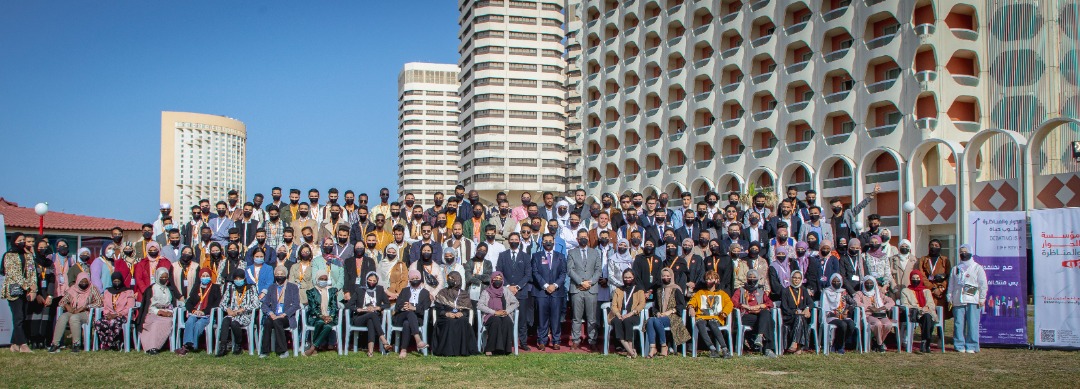

All Libyans dream of a powerful Police institution, working efficiently with an ability to raise the level of security, management, and development it offers, strengthening peace, public order, rule of law and its enforcement speed of act, and providing the right developmental atmosphere.
This was the core of the work that I have done dedicatedly in the journey of two years working as Minister of Interior Special Media Adviser for former Interior Minister Mr. Fathi Bashagha. I worked closely on building a strategy to restore policemen prestige & self-confidence and people’s confidence in Police.

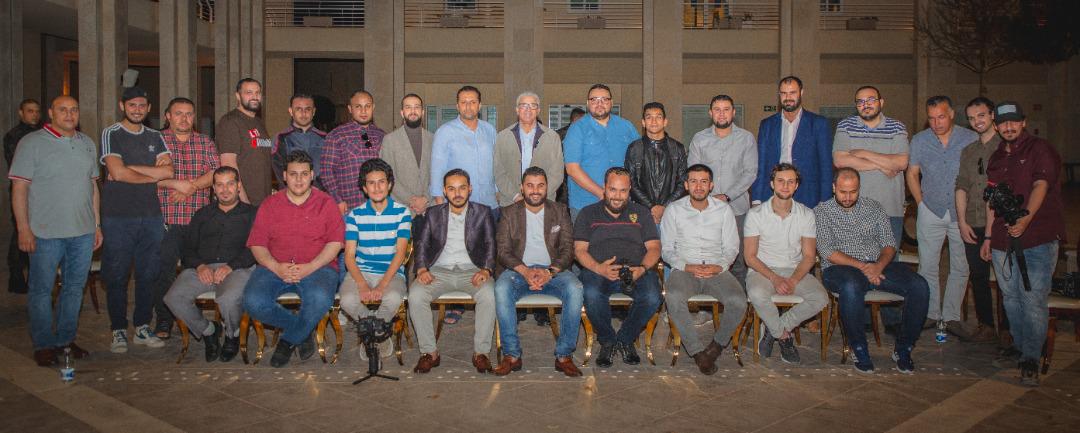
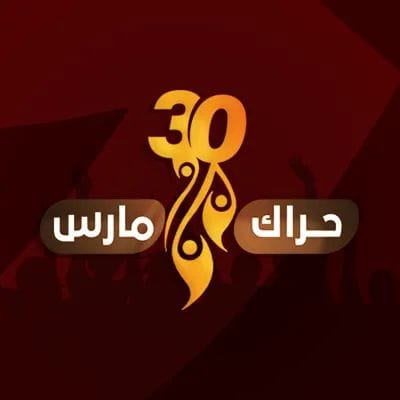
In 2018, we had a good opportunity to end successive transitional periods, stopping the bleeding of conflicts, battles, and differences, bringing the country to free and fair general elections that would sustain peace and unite sovereign institutions exhausted by political division.
Libyan youth launched a youth civil movement, in the form of a national initiative emanating from independent youth who are part of Libyan civil society with the aim of changing the political map, ending the transitional stages and reaching elections.
At that time, the movement had big public acceptance with wide youth participation that manifested in the streets peaceful demonstrations in Tripoli’s Martyrs’ Square, and in a number of other city squares.
These protests were organized to achieve the goals of unifying institutions, refusing the continues transitional periods, calling for constitutional referendum, holding elections and achieving reconciliation. All of which are popular, not factional, demands that all patriots seek to find on the ground.
The 30th of March movement was the seed for the launch of an independent civil youth work in Libya, revealing a range of promising youth potentials that can be counted on in the future in various positions.

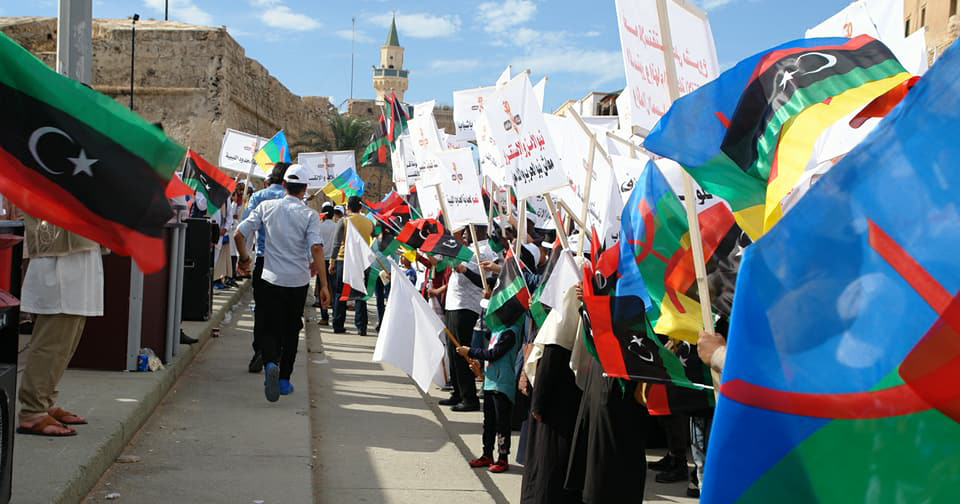

Dialogue Towards Reconciliation in Zwuara gathers social figures, youth, women, and active civil society NGOs from different backgrounds in a joint discussion with local notables from western region under the title of “Towards a United Vision for a United Libya.”
The event was arranged by Dialogue and Debate Association in a partnership with Young Amazigh Voices and Talsa Org hosted by Zwuara Municipality Council in the presence of active social members from western region.

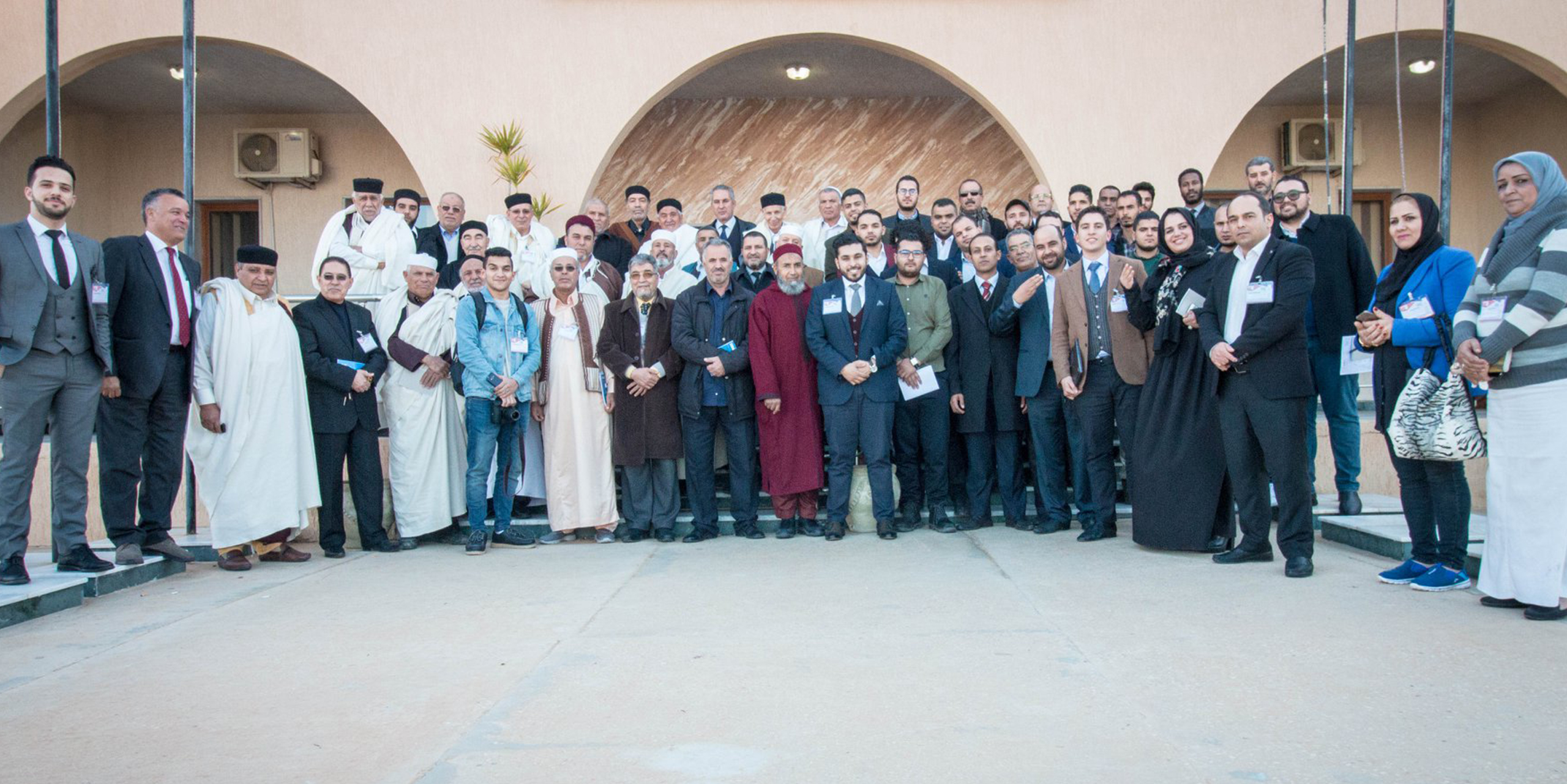

While engaging in various experiences in leading institutional work and its accompanying duties in management, communication, negotiations and other practical responsibilities. I acknowledge the benefits of number of training experiences and courses, perhaps most notably the experience of the MENAMUN.
Tens of thousands of youth elites from around the world have tried the experience of the UN Model Program, a simulation of the work of the Security Council and the various committees of the United Nations and other multilateral bodies.
Young participants plays the role of delegates of the member states in the UN to discuss international concerns trying to find solutions for them in line of the policies of the member states they represent; preparing draft resolutions, negotiating with allies and adversaries, and resolving disputes, all in accordance with procedures and protocols adopted at the United Nations.
I have had this experience twice with the Model United Nations, one as a delegate, and the other as a supervisor for the Libyan delegation and as chairman of a United Nations committee.
This rich experience prompts me to invite Libyan youth from different regions, races and ages to try it whenever the chance come, to develop their knowledge, build their abilities & skills, and prepare to contribute in building the New Libya.

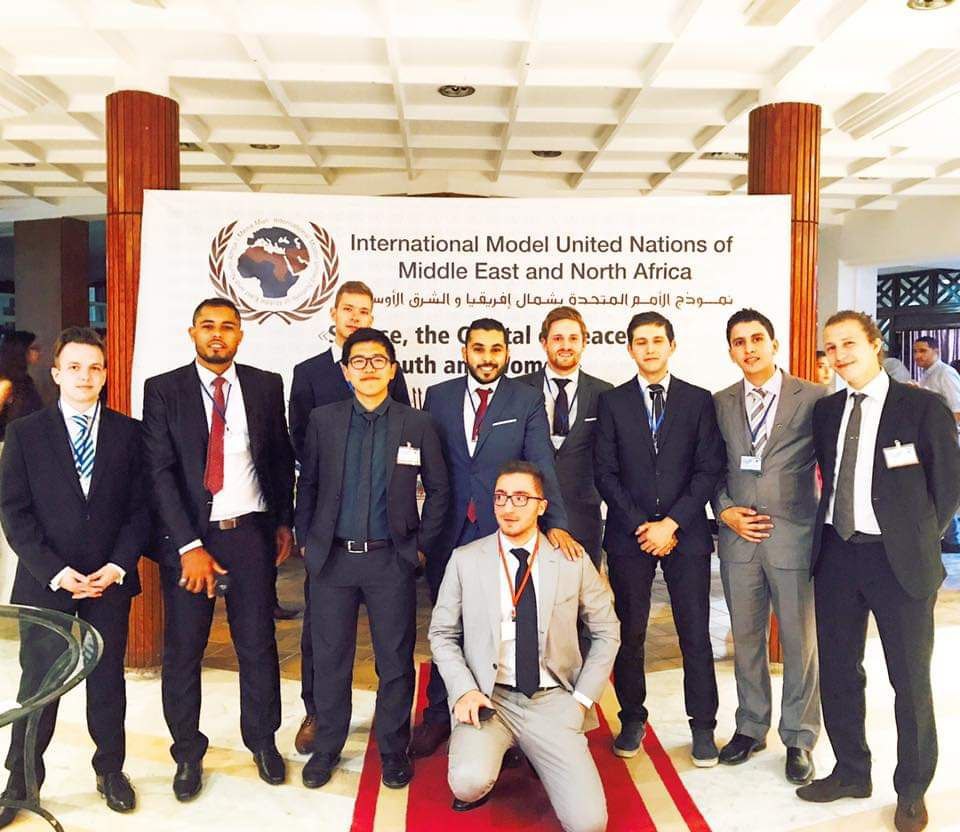

The experience of signing the reconciliation paper between the two cities of Misrata and Tawergha remains a conclusive and continuous witness to the possibility of achieving comprehensive and complete reconciliation throughout the country. Since the beginning of 2018 and before it, I have been an initiator and advocate of the reconciliation project, despite the difficulties that we encountered in the idea at the time, and the seriousness of its presentation, as many considered it an impossible task that will not succeed in overcoming the conflict and wounds of the past and calls for revenge and retribution. But believing in the need for reconciliation to move into the future with white hearts and open minds motivated all those working for reconciliation to succeed until it was achieved and met with internal and external praise. Now, four years after the historic signing of reconciliation between the two cities and its stabilization on the ground by the will of the good Libyans, this experience inspires us to work on disseminating it until we end all the causes of disagreement and conflict forever and take care of what benefits the people and achieve Libya’s renaissance.





